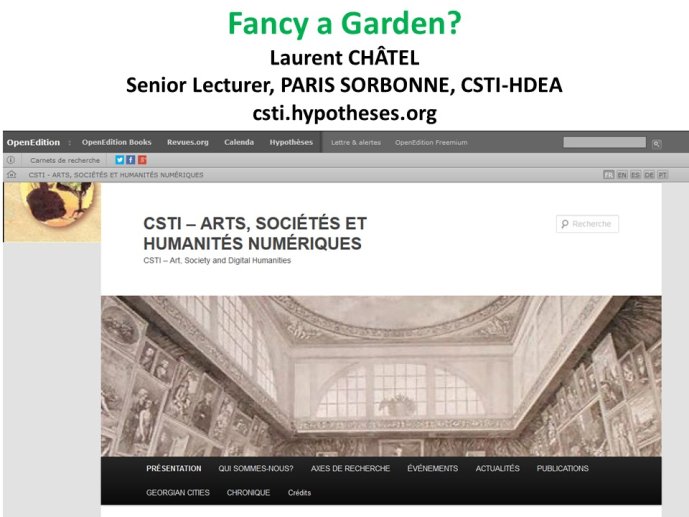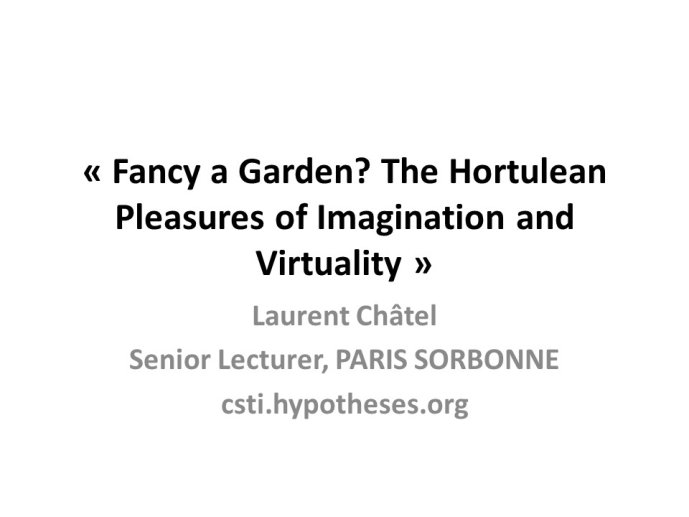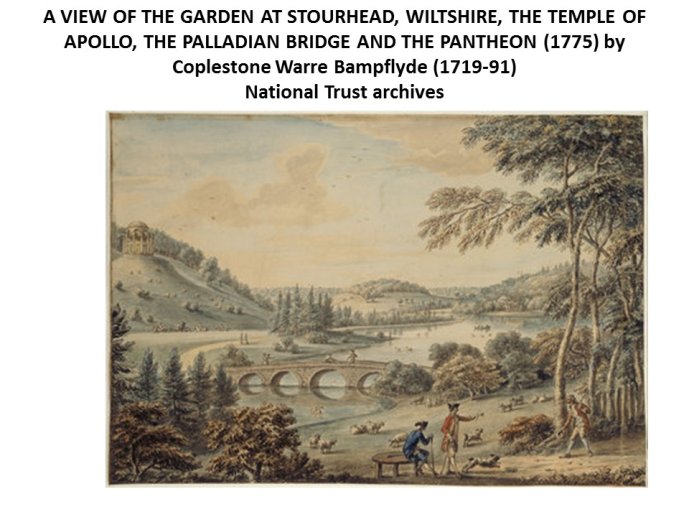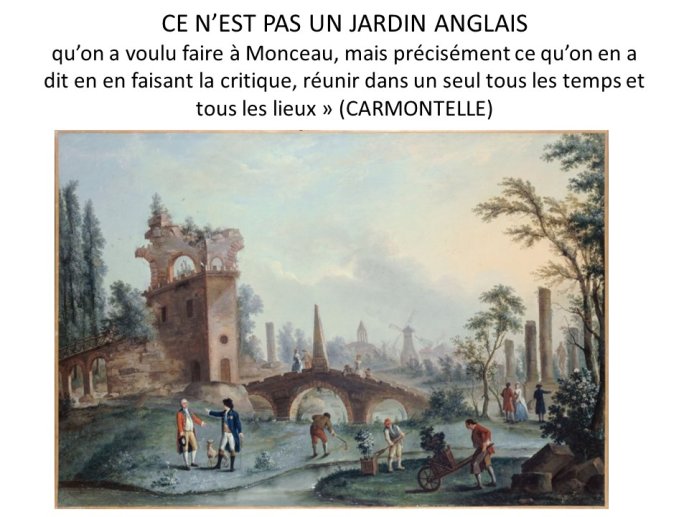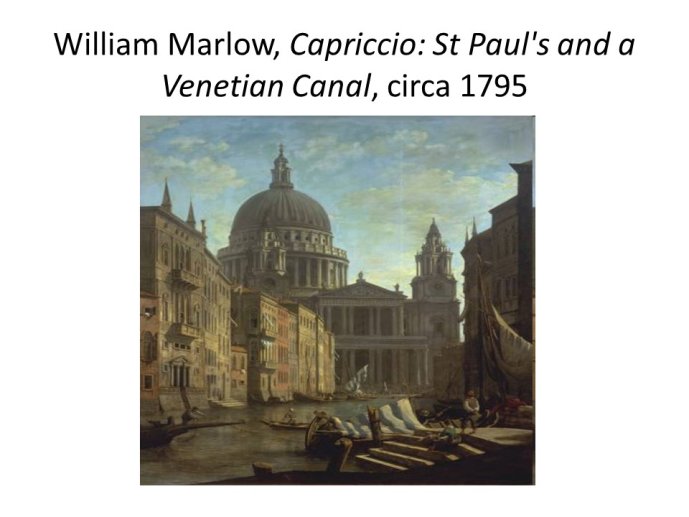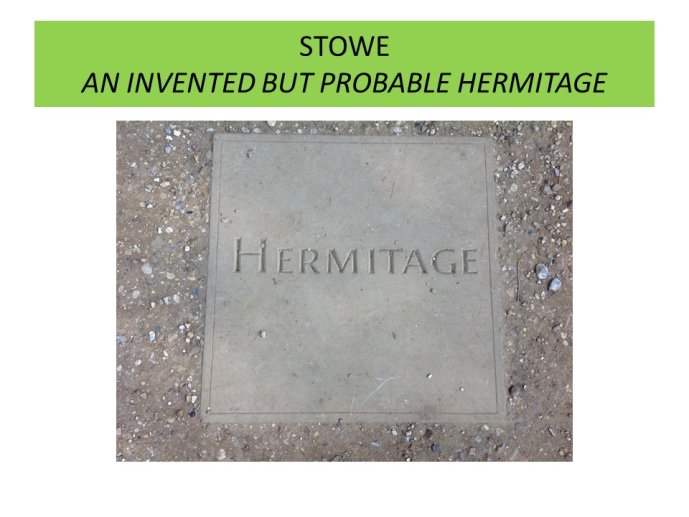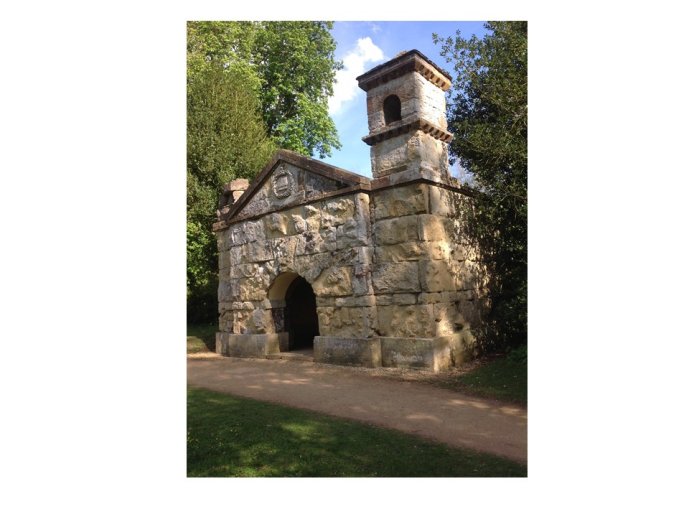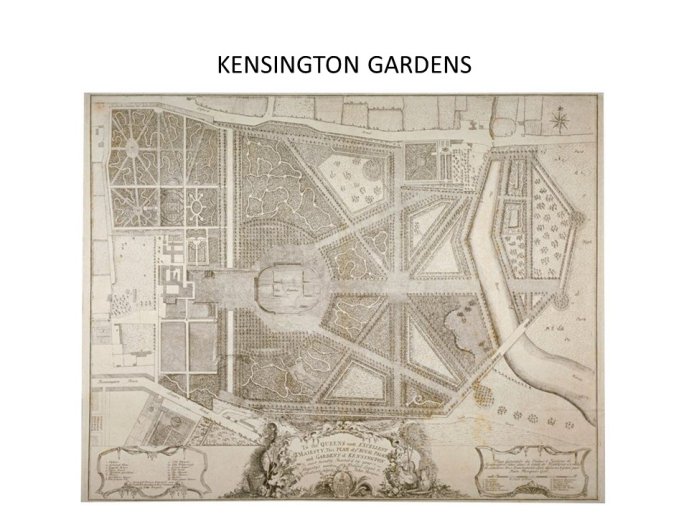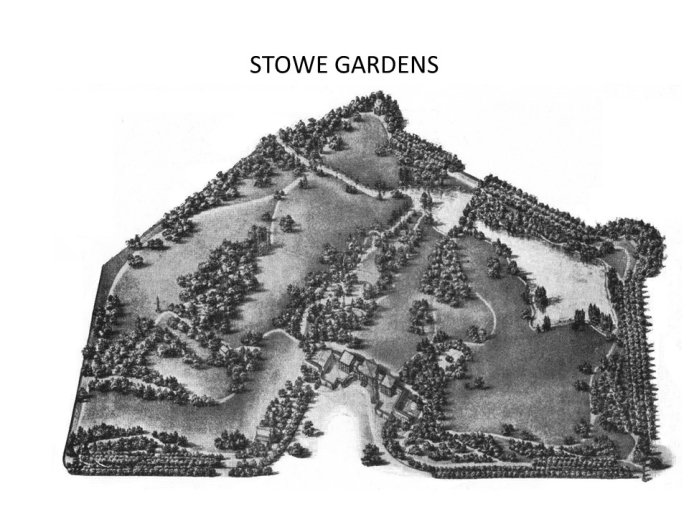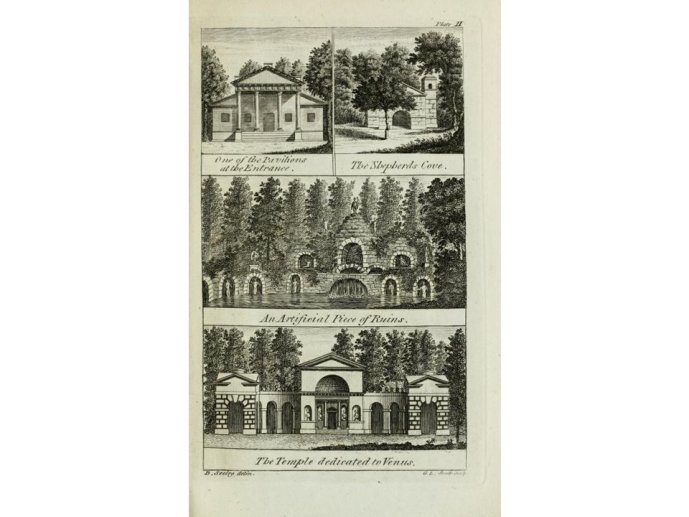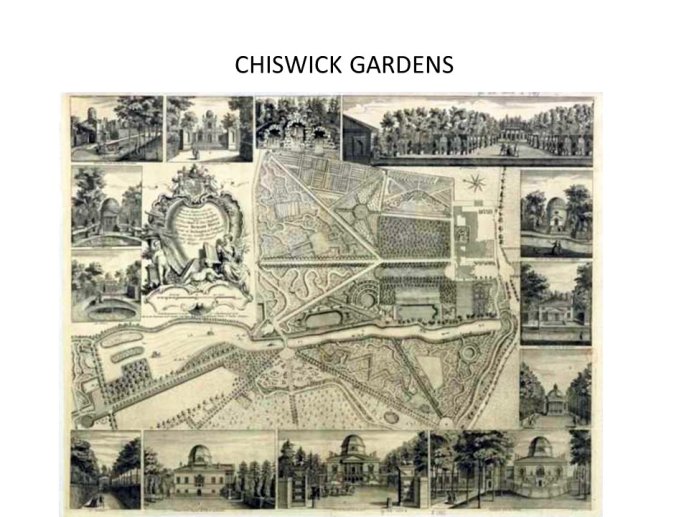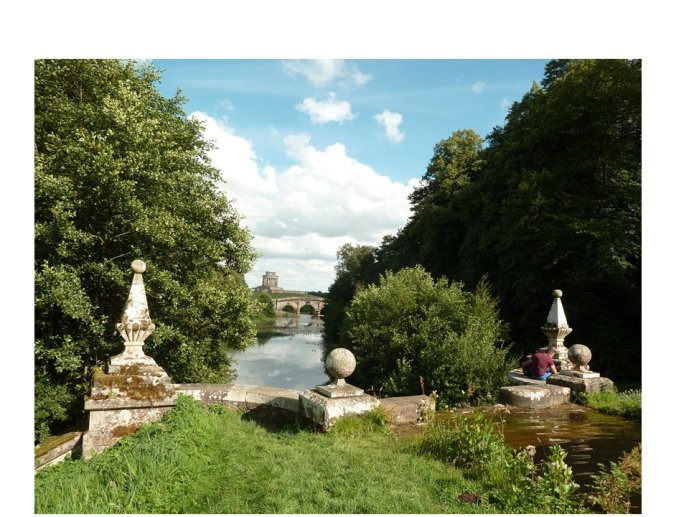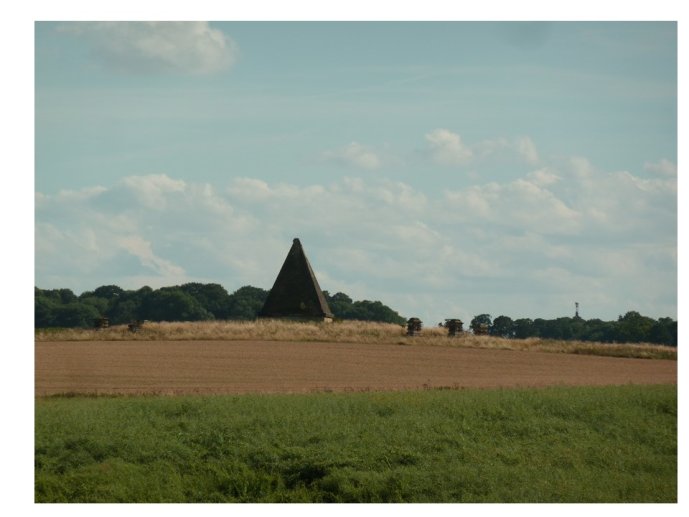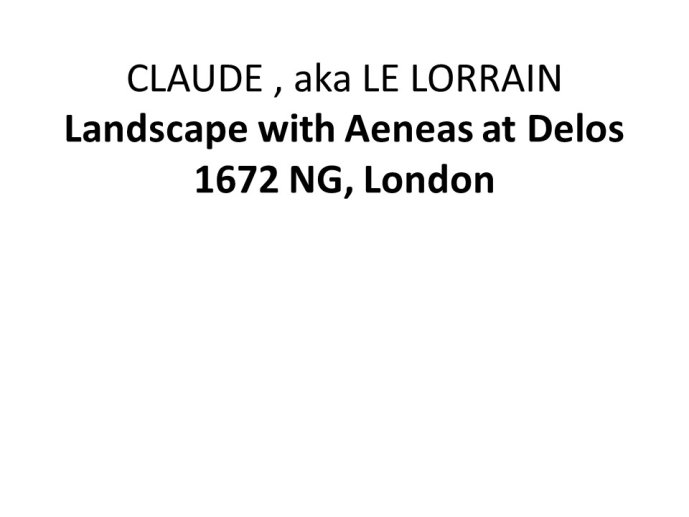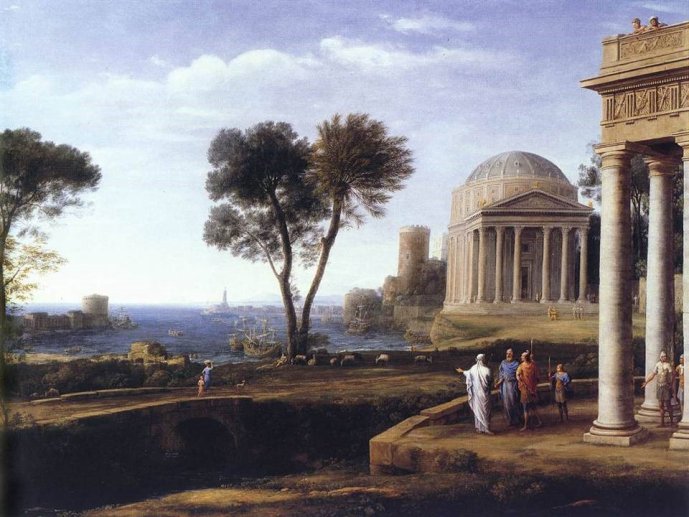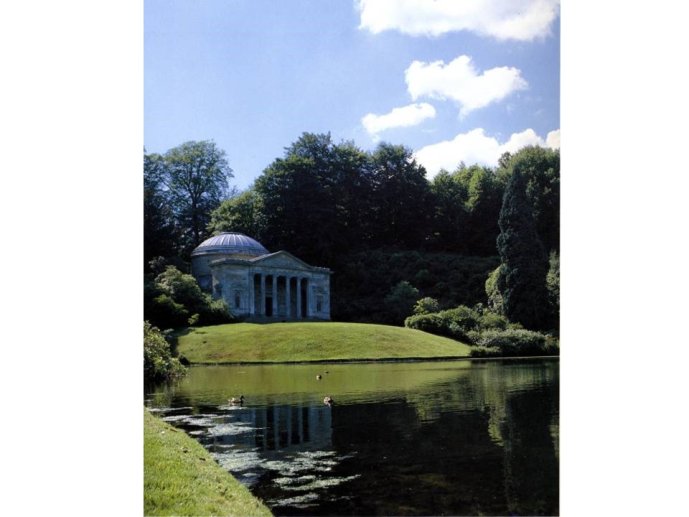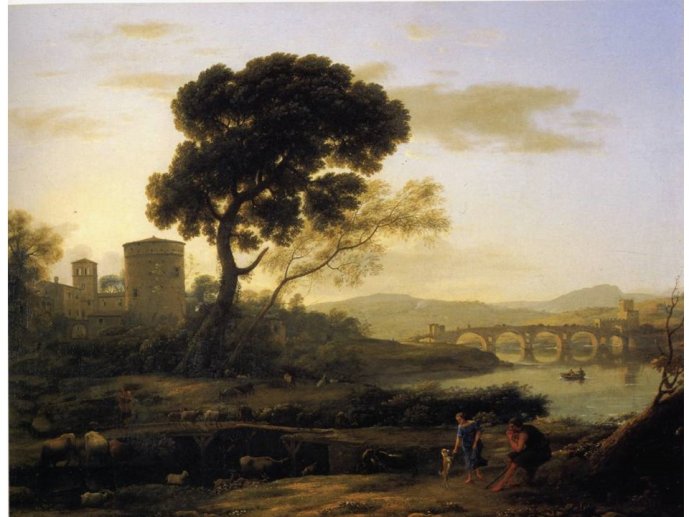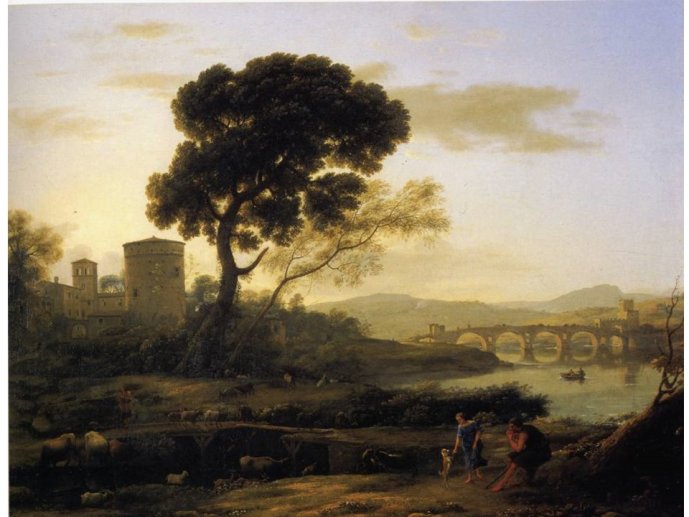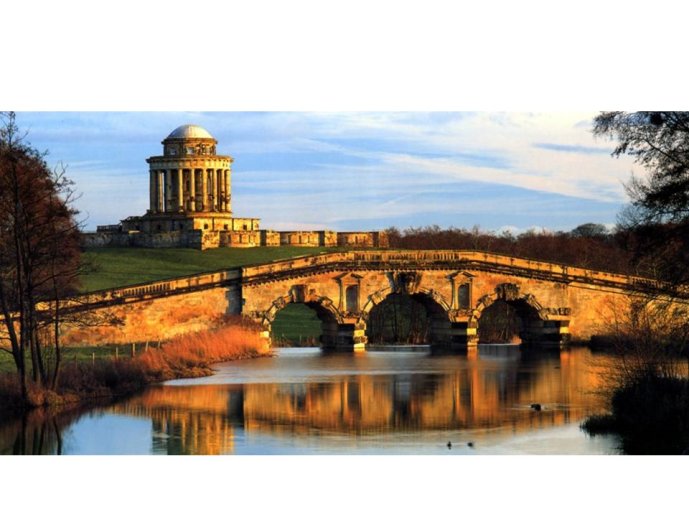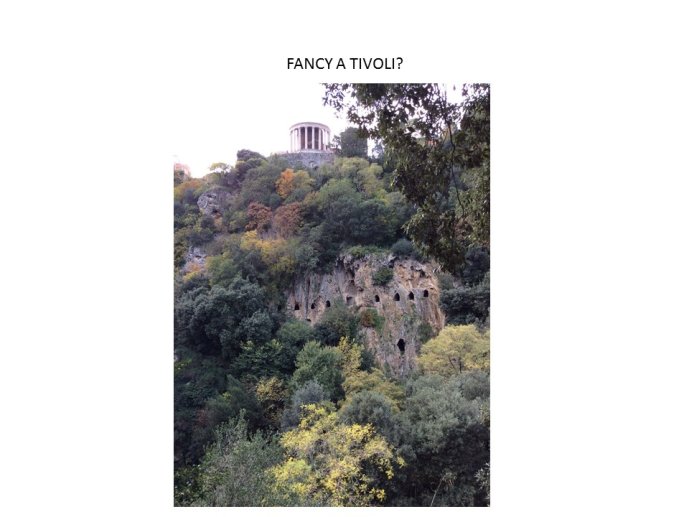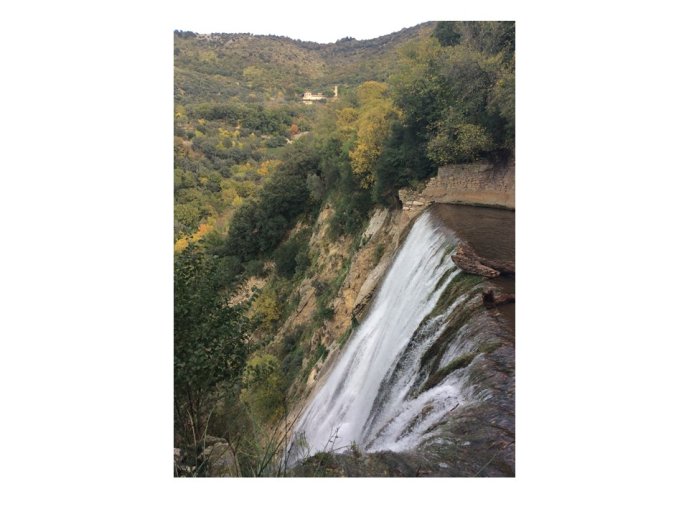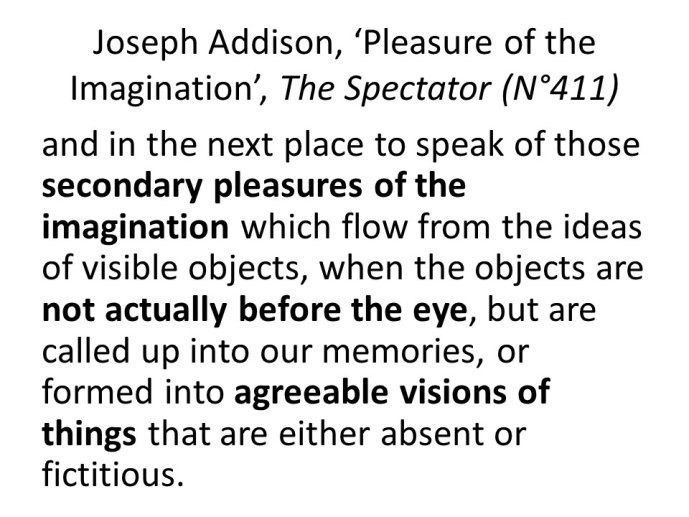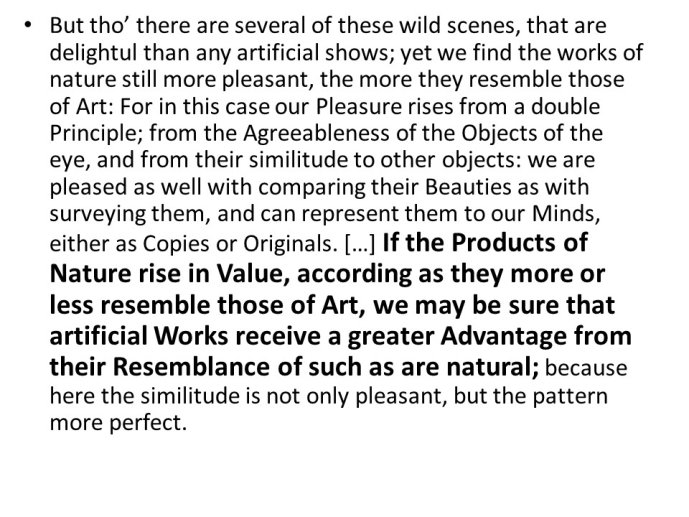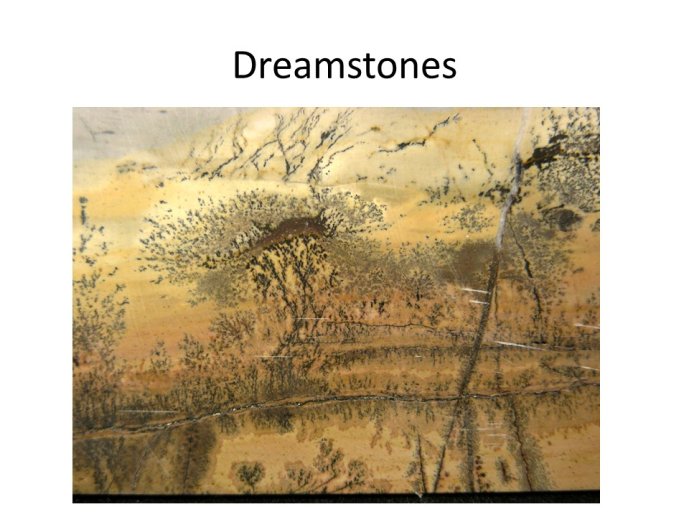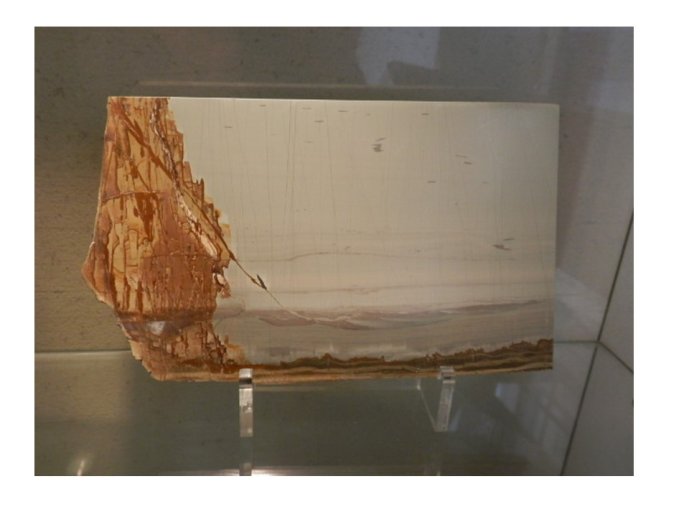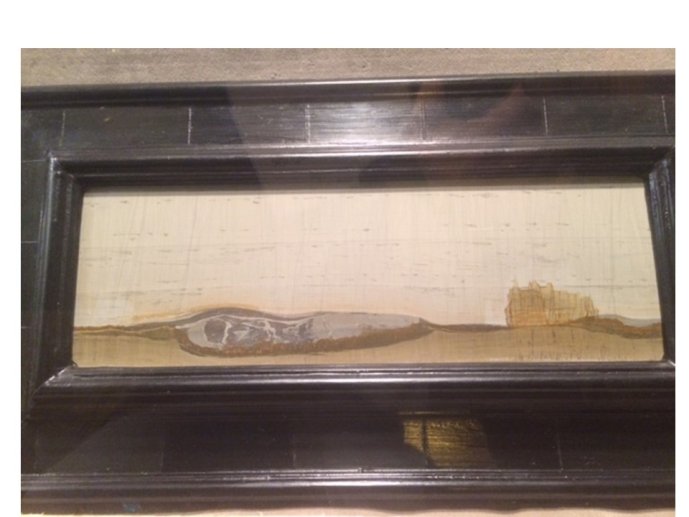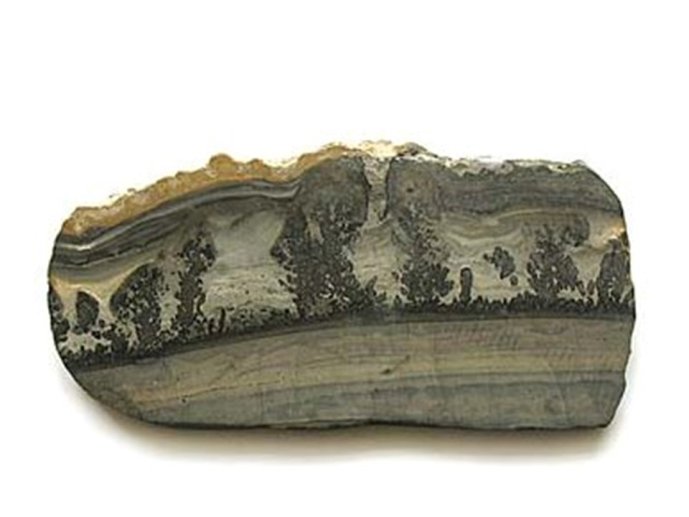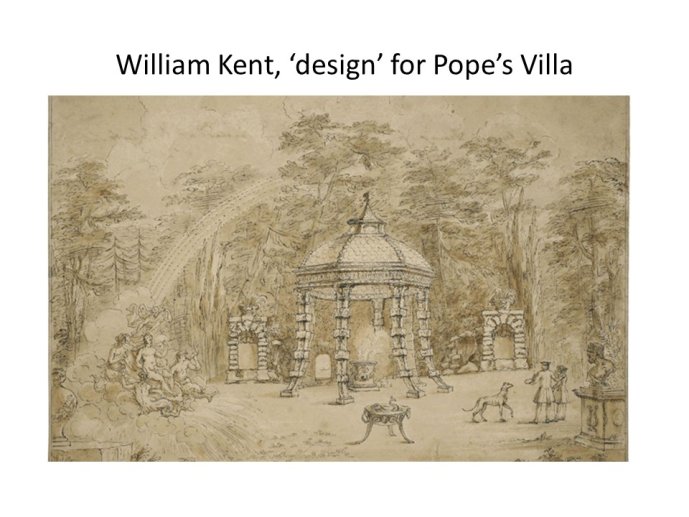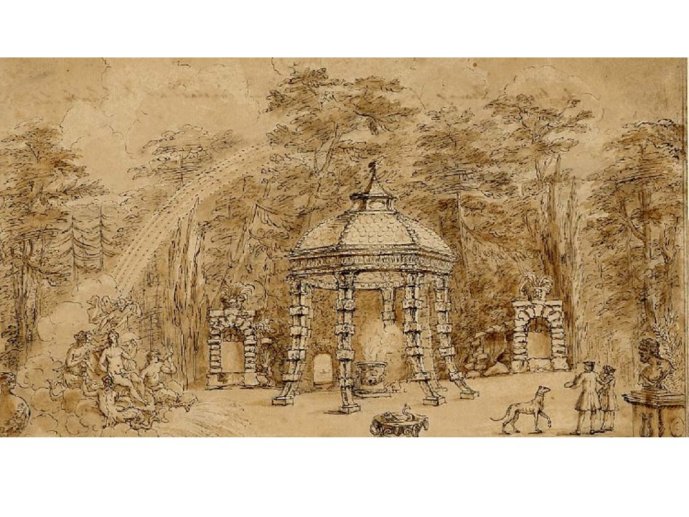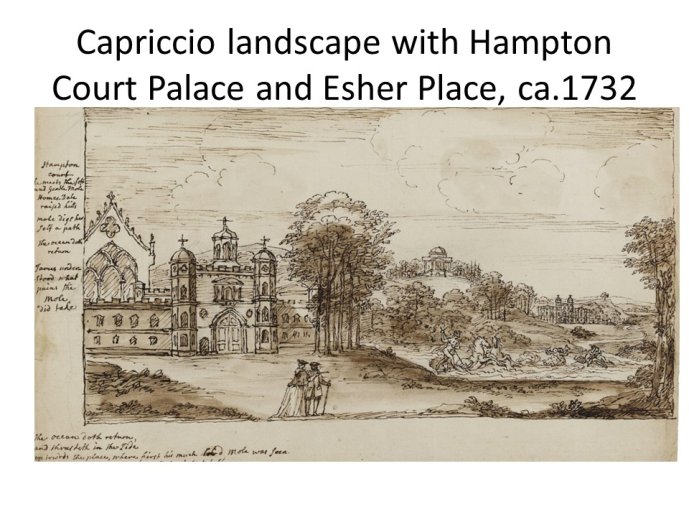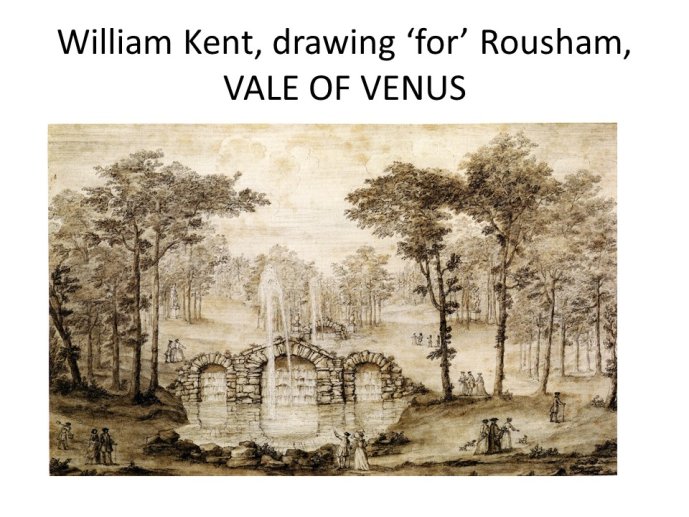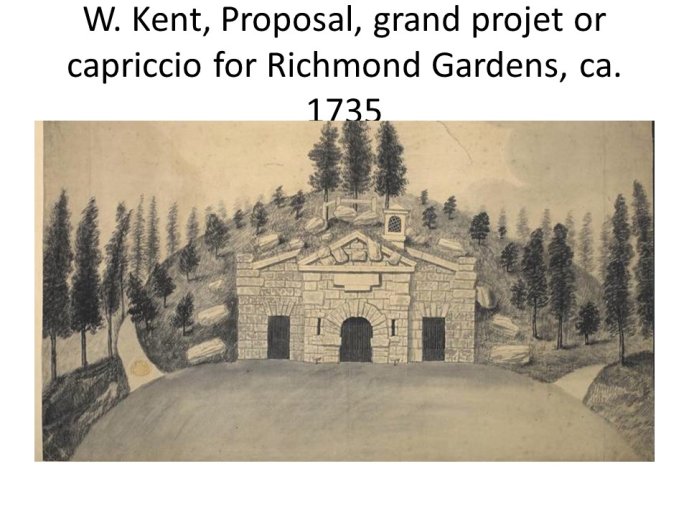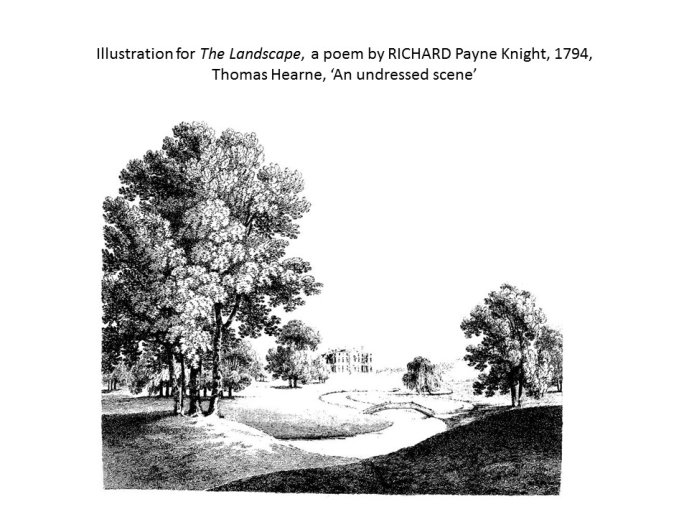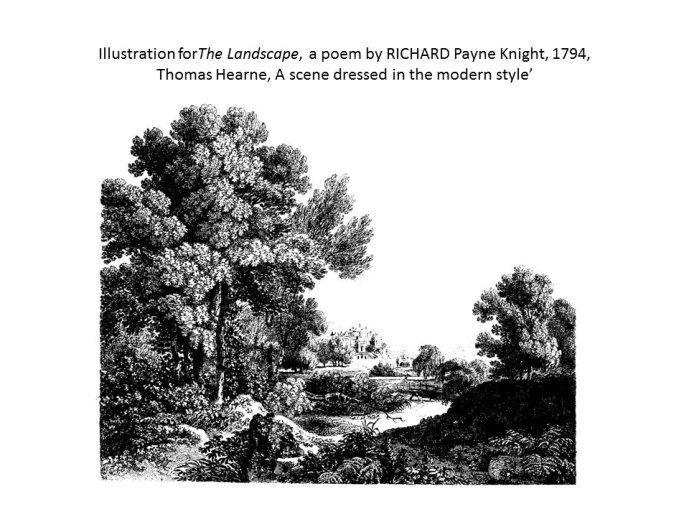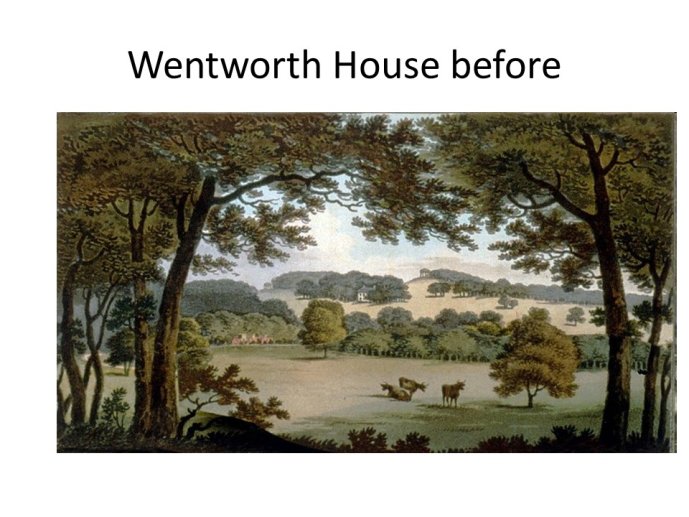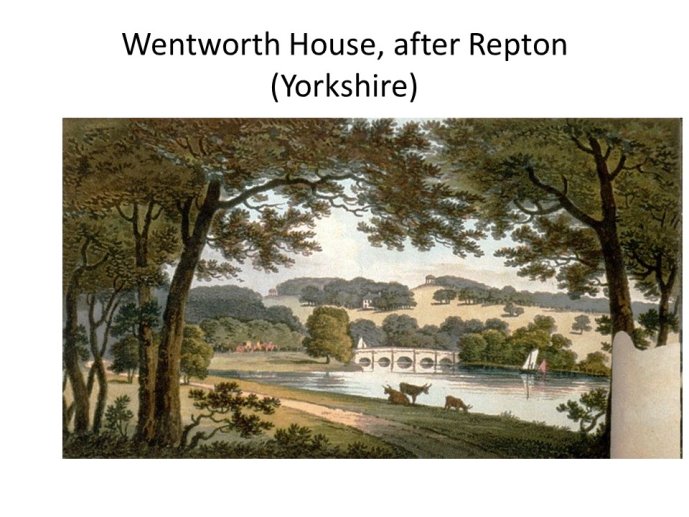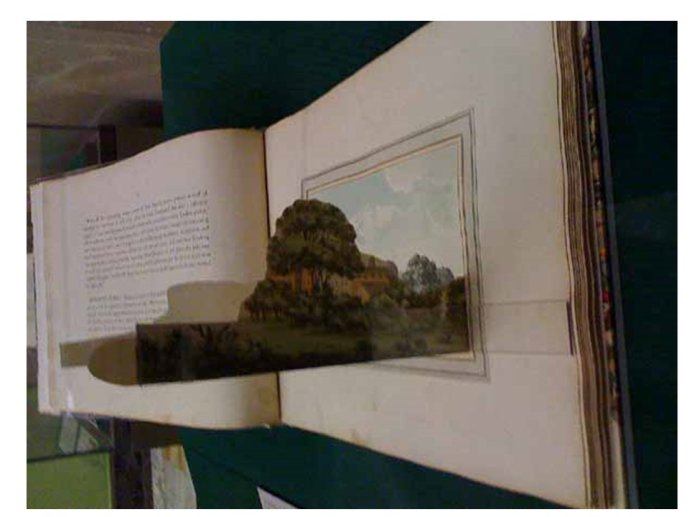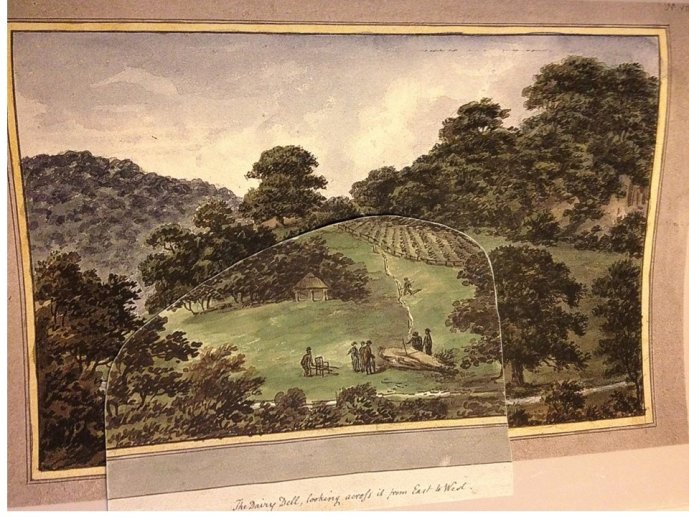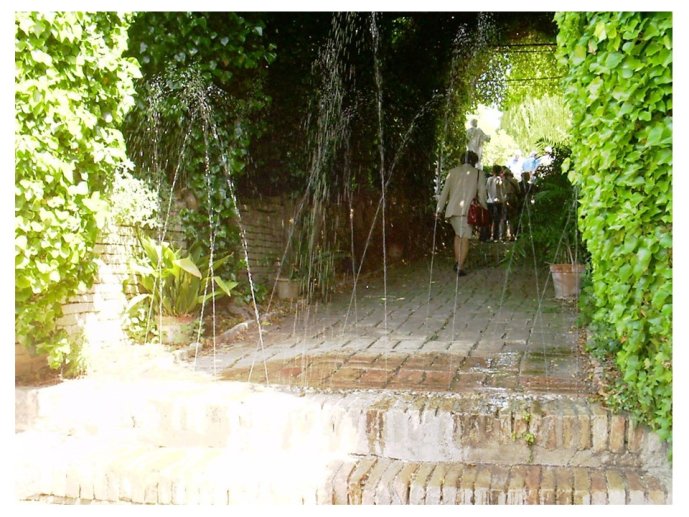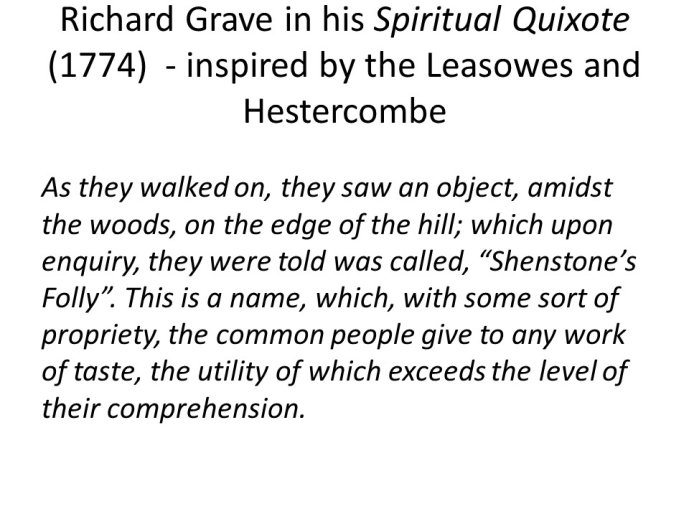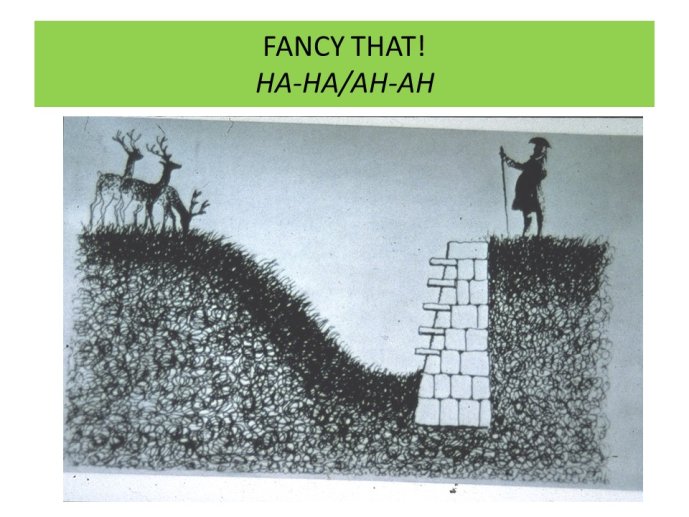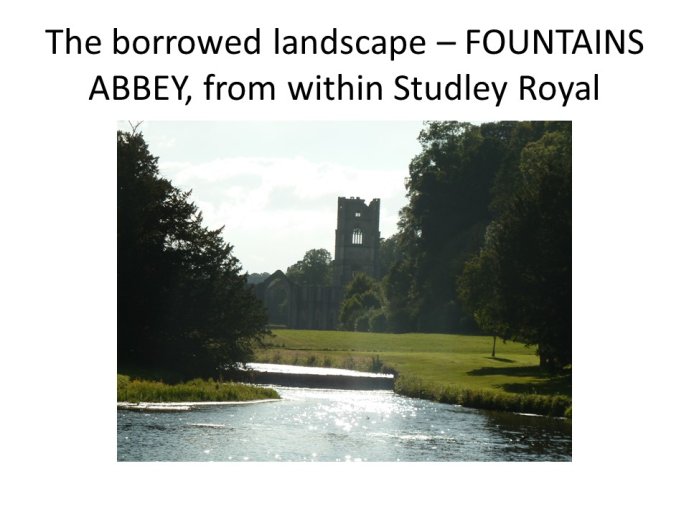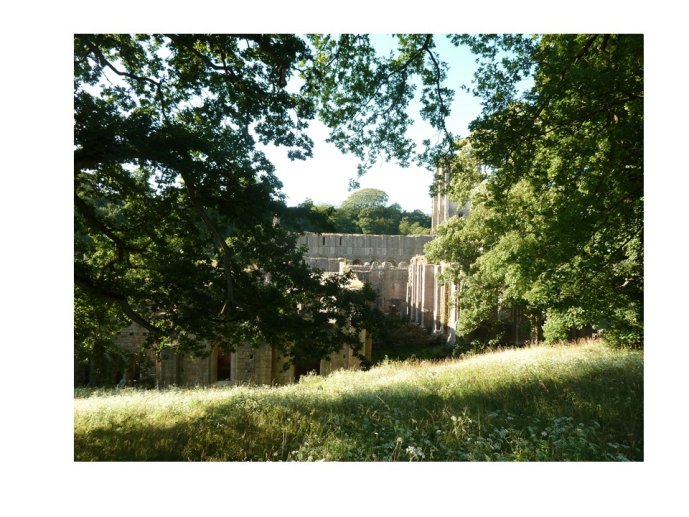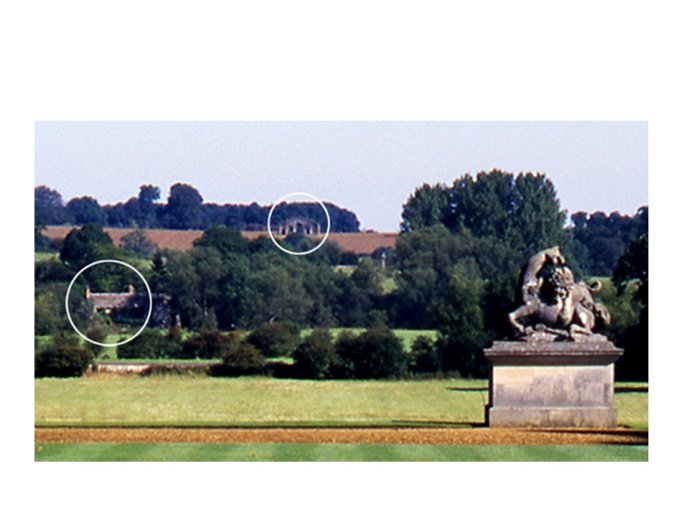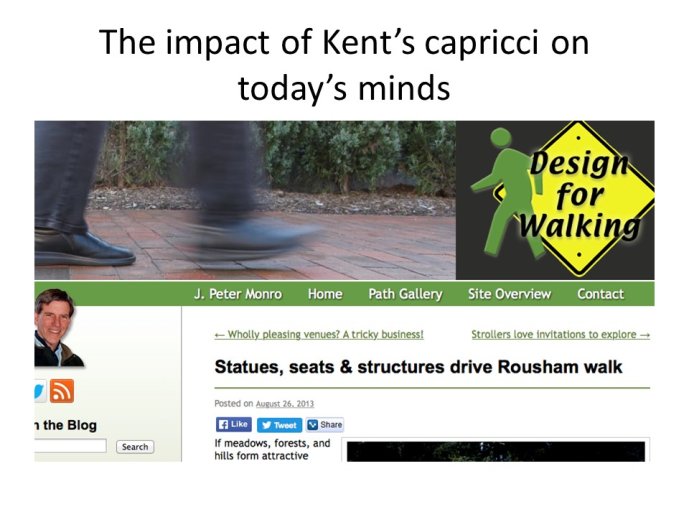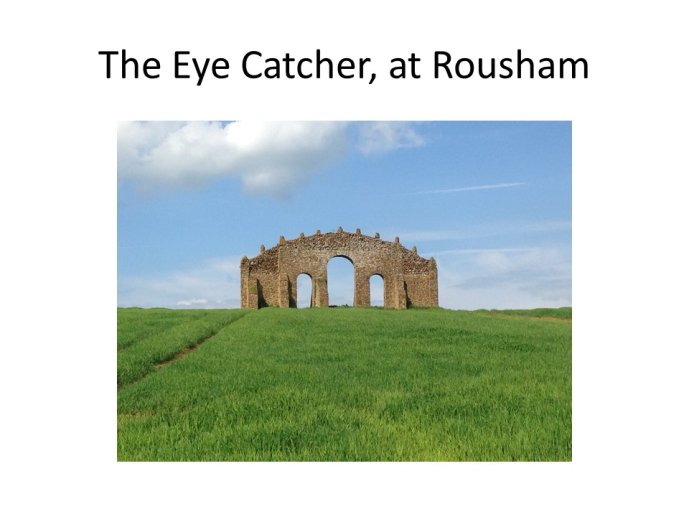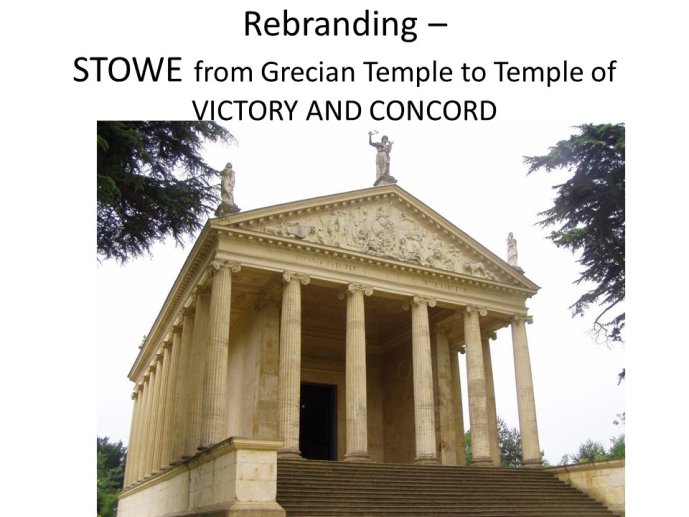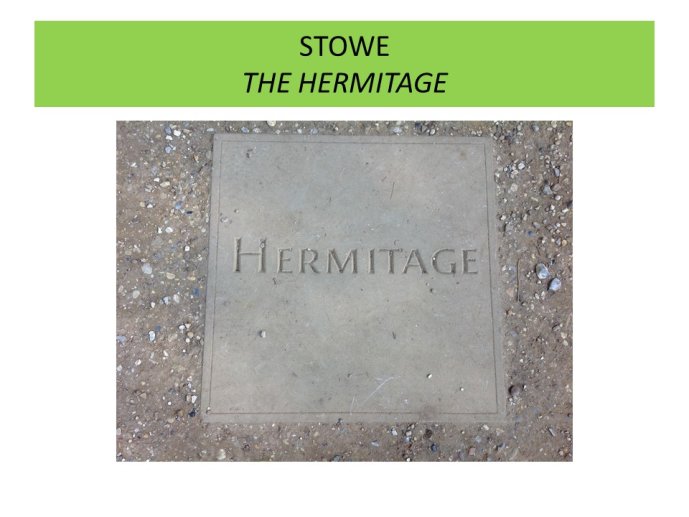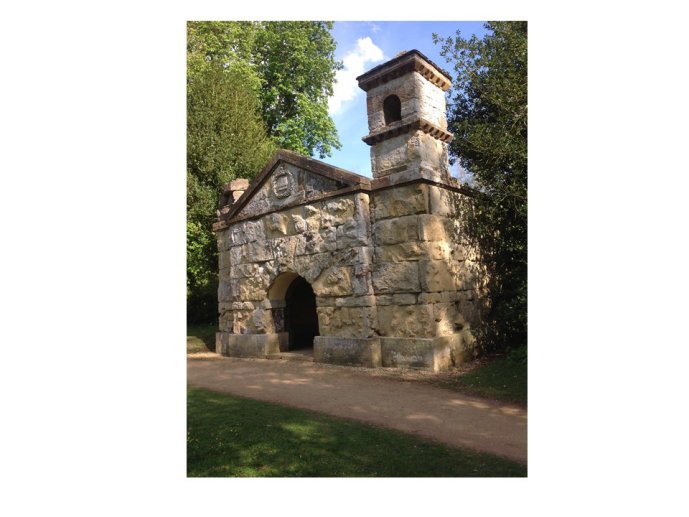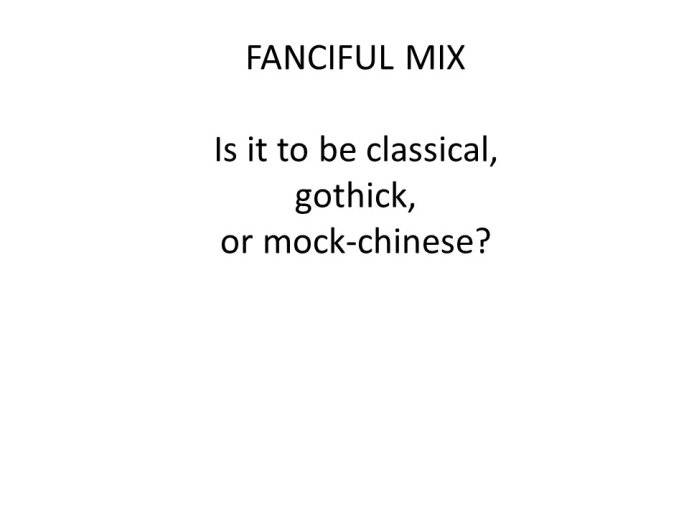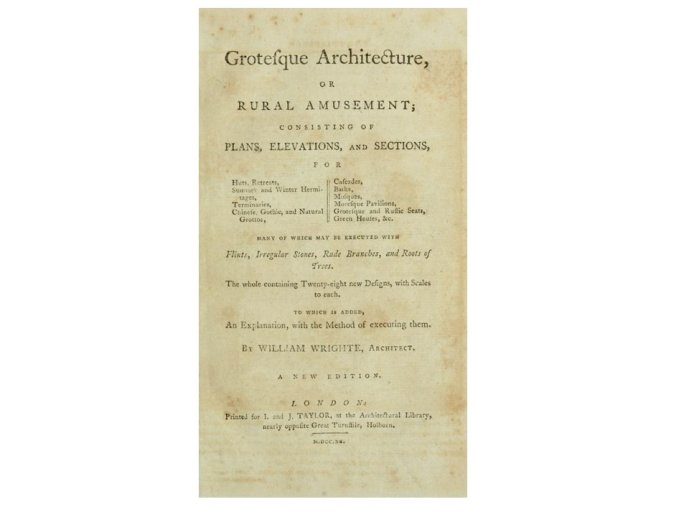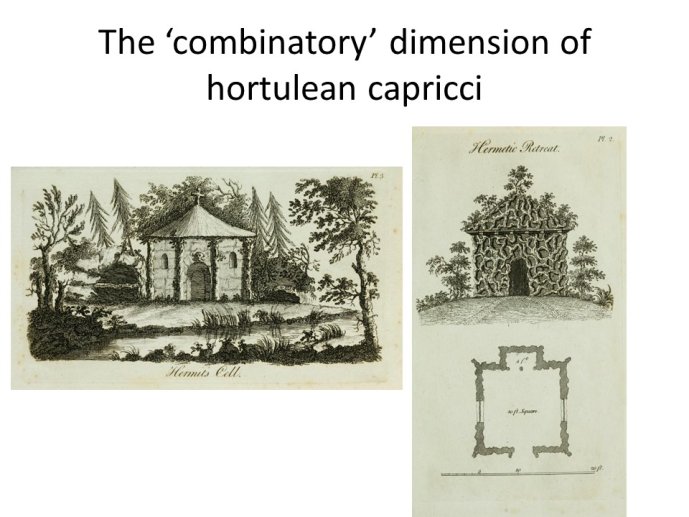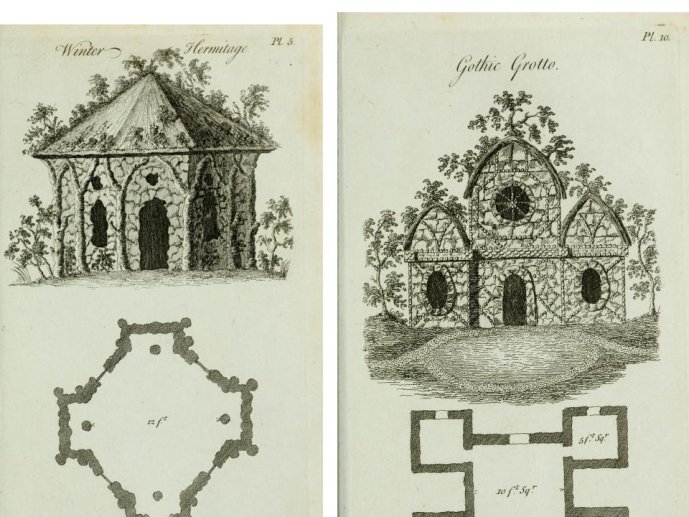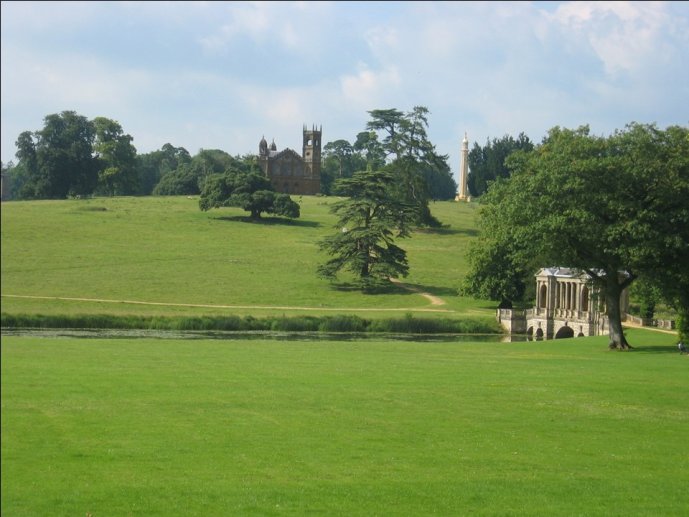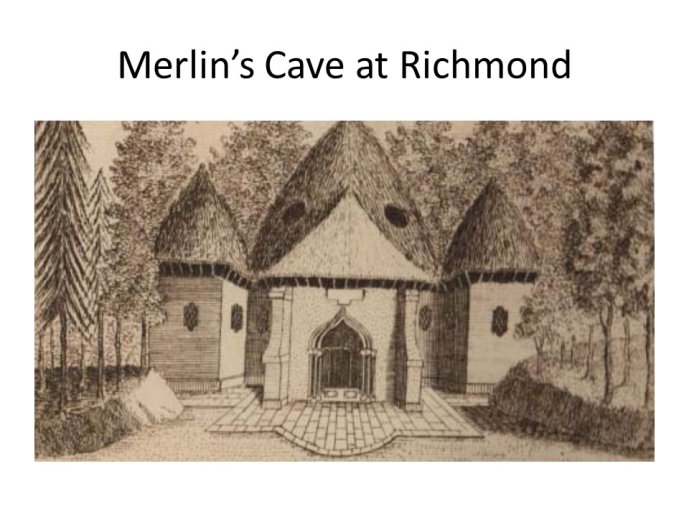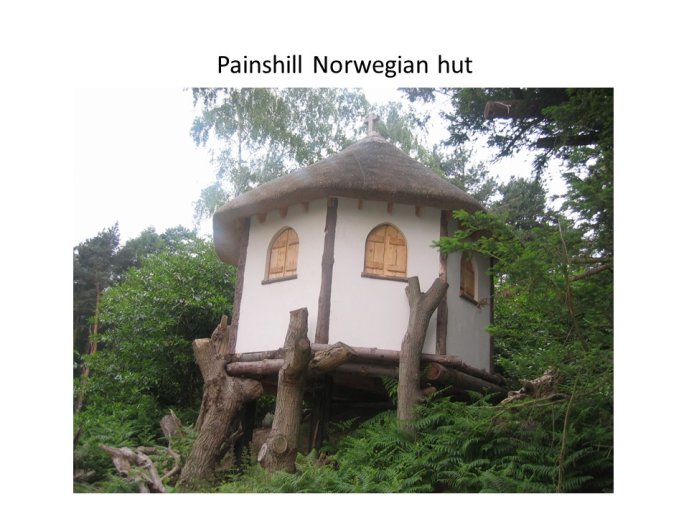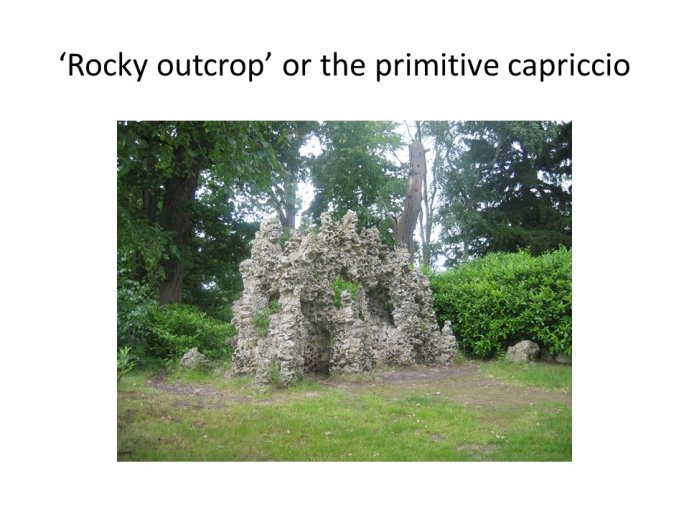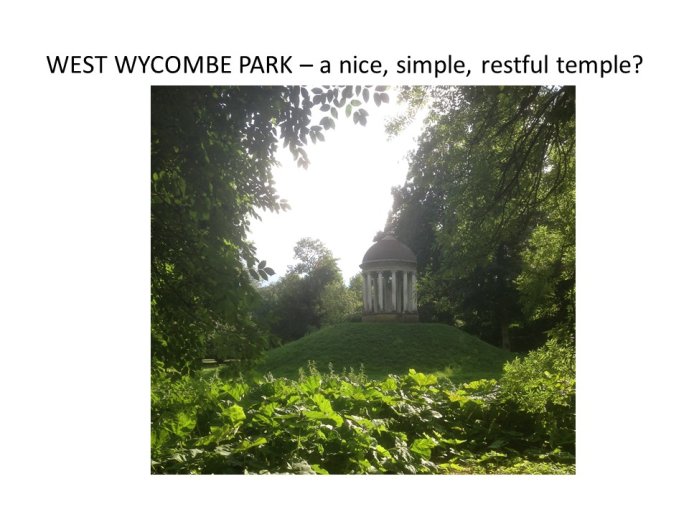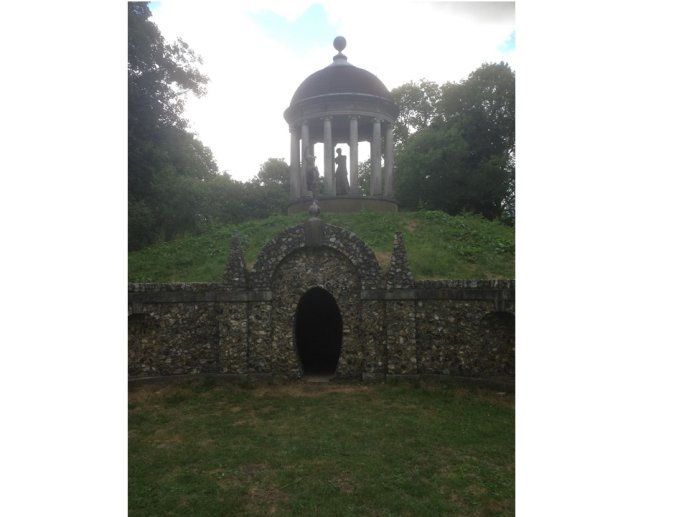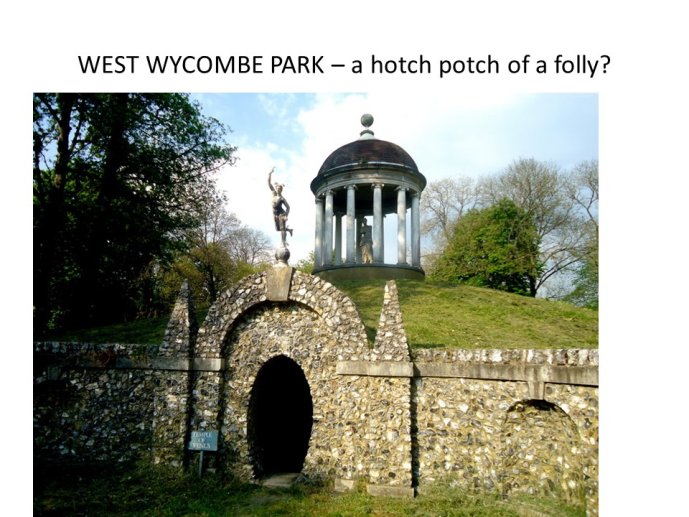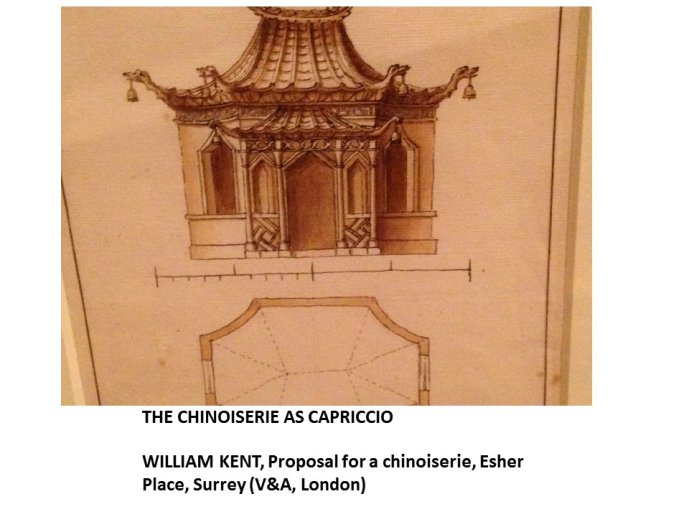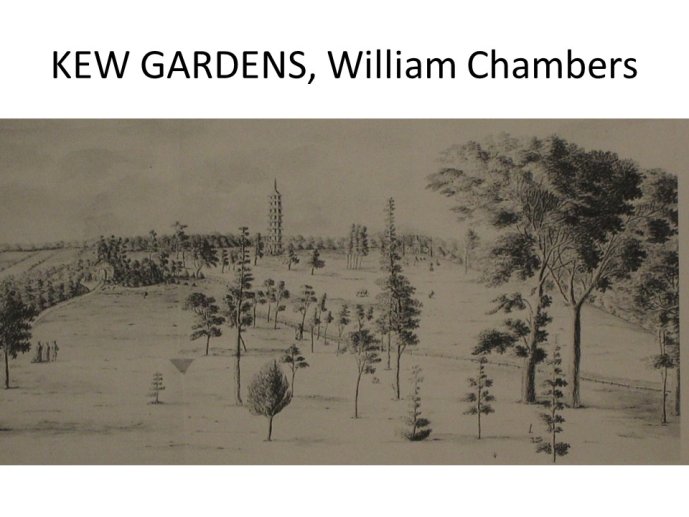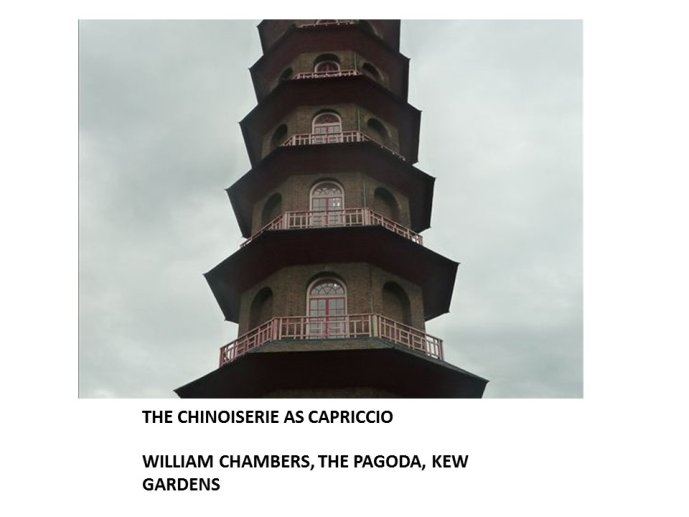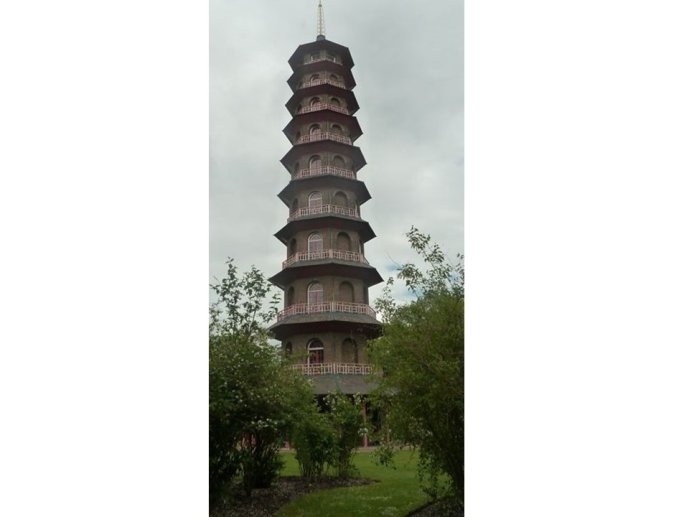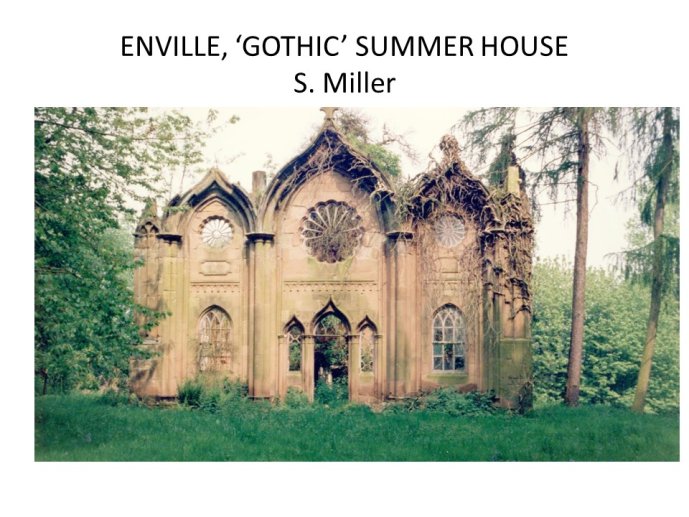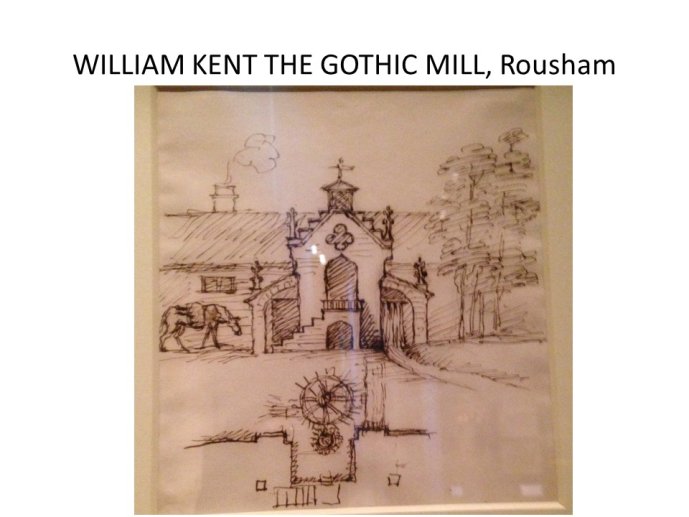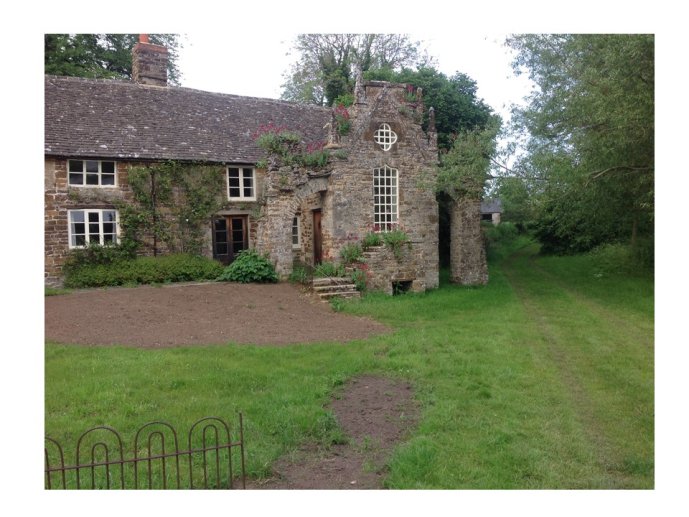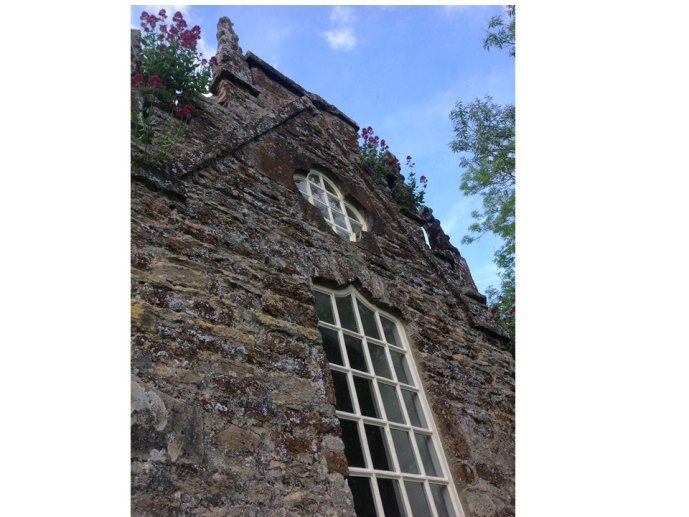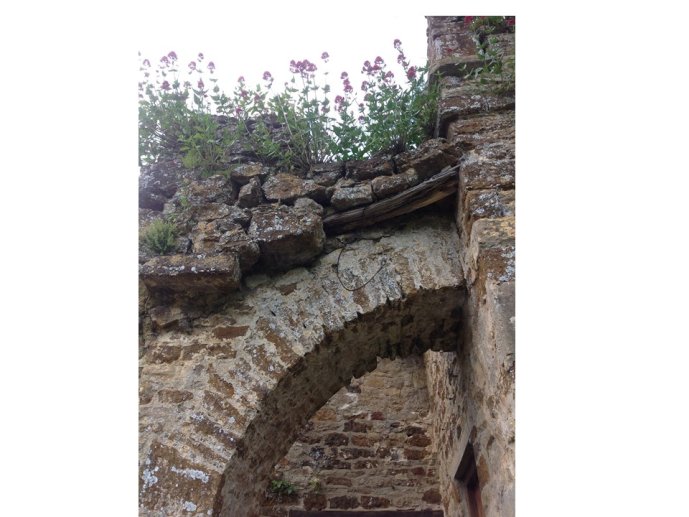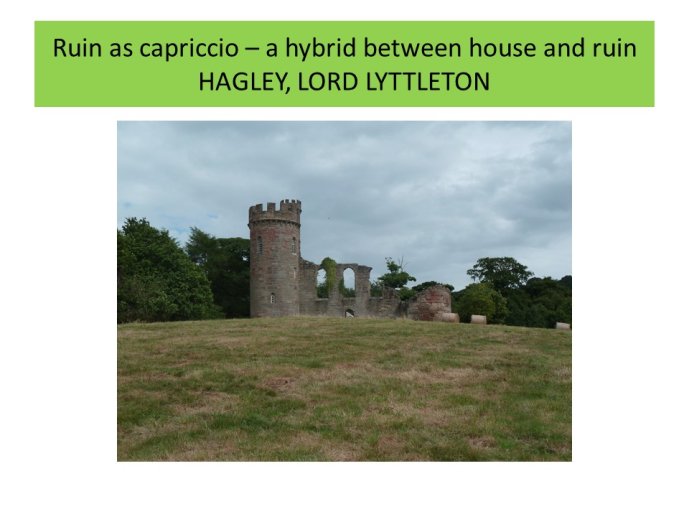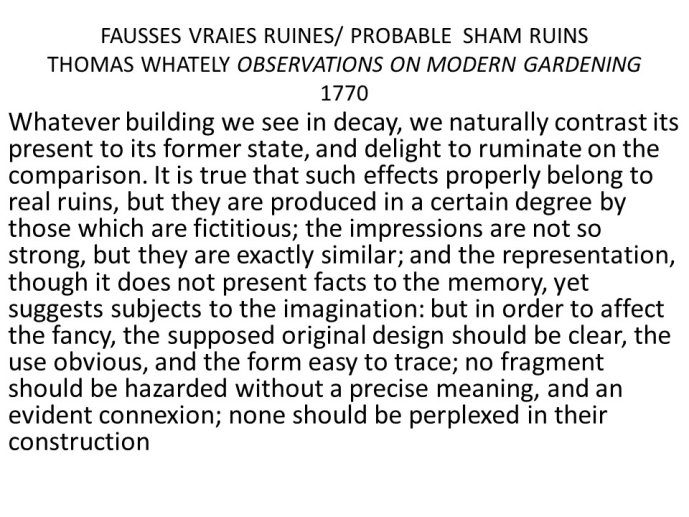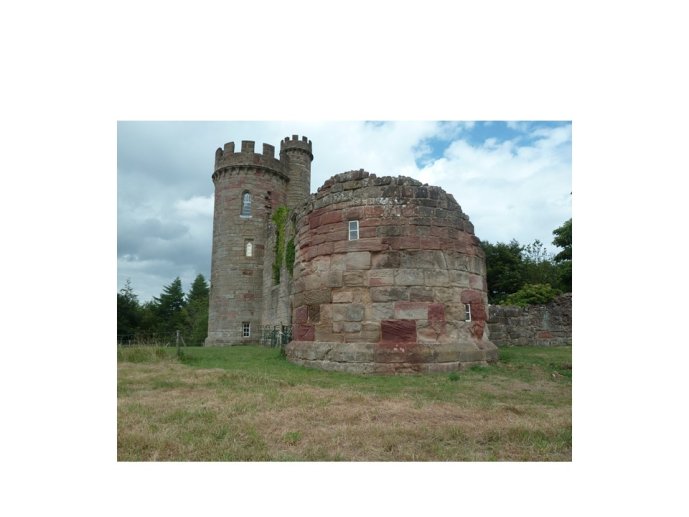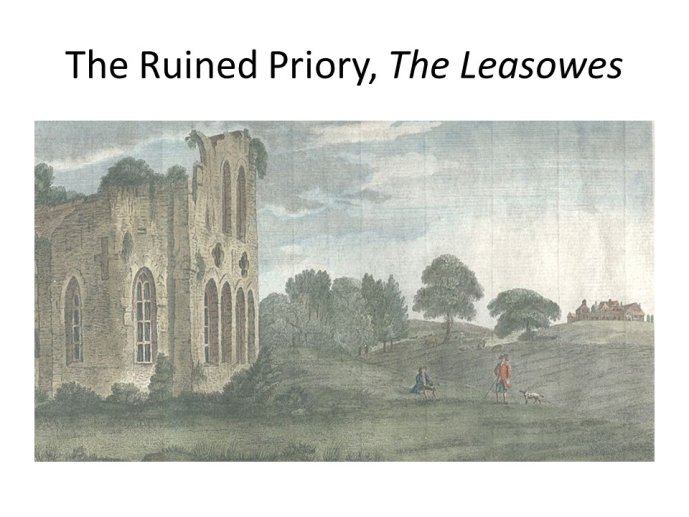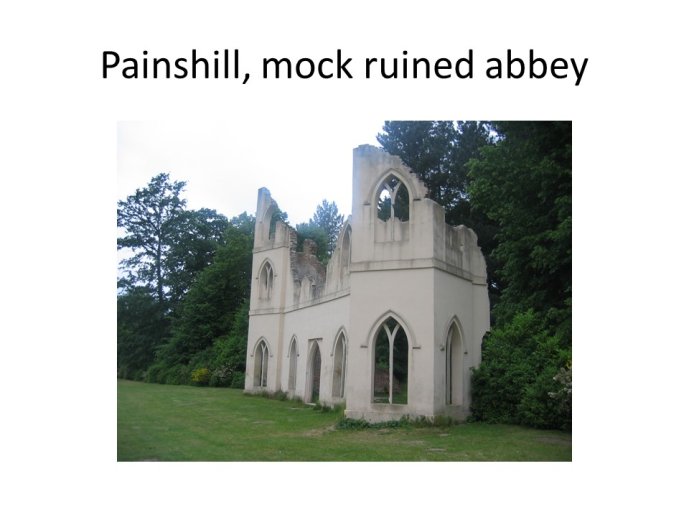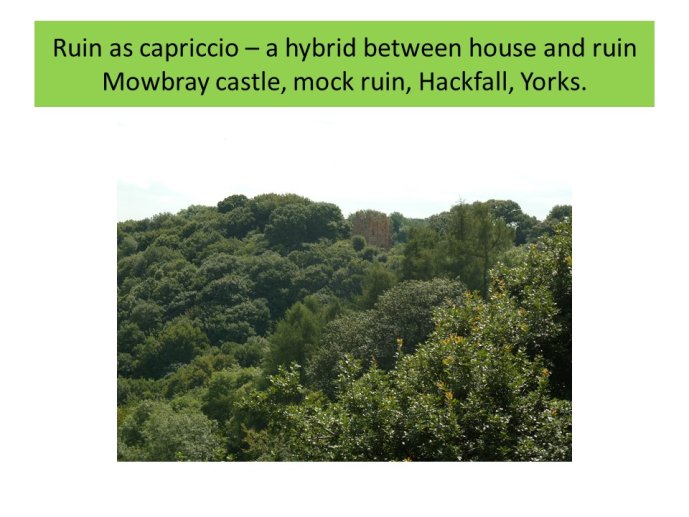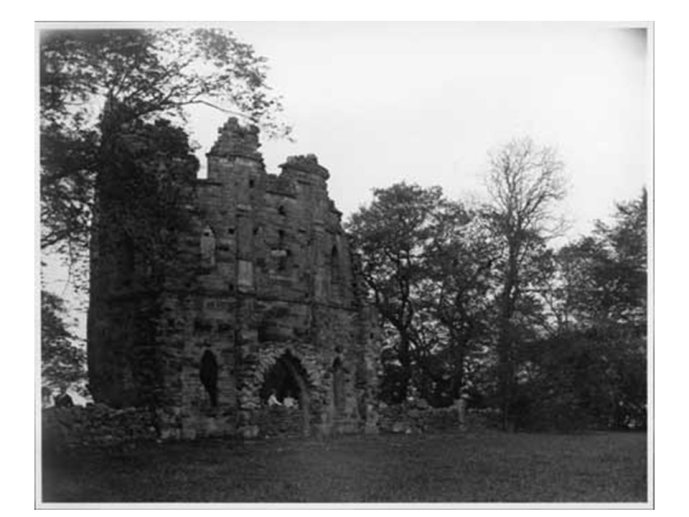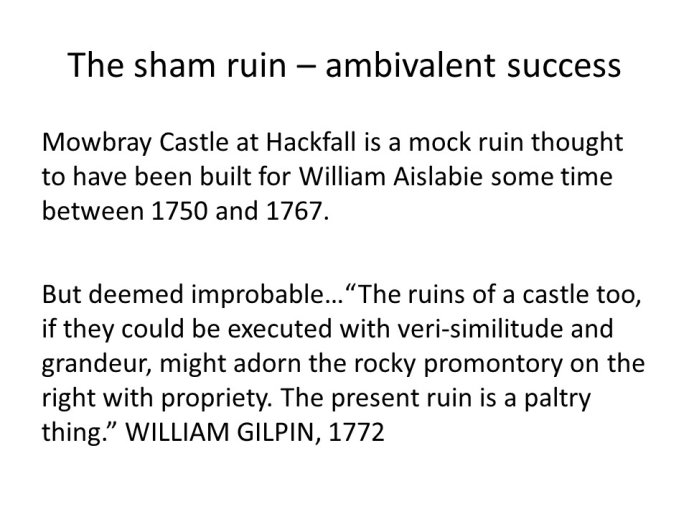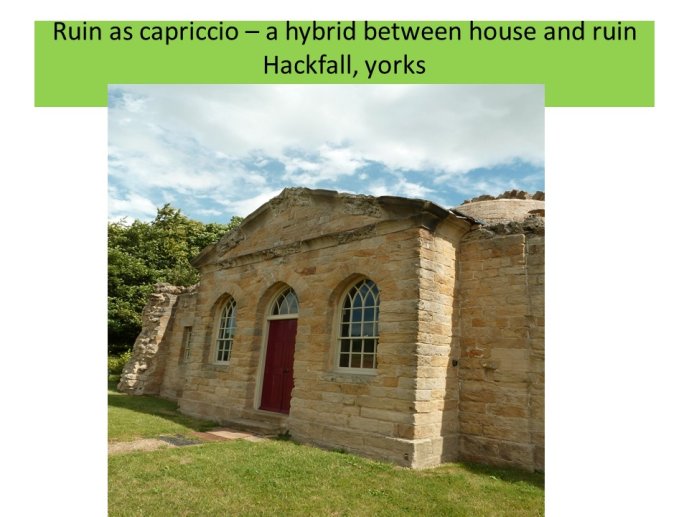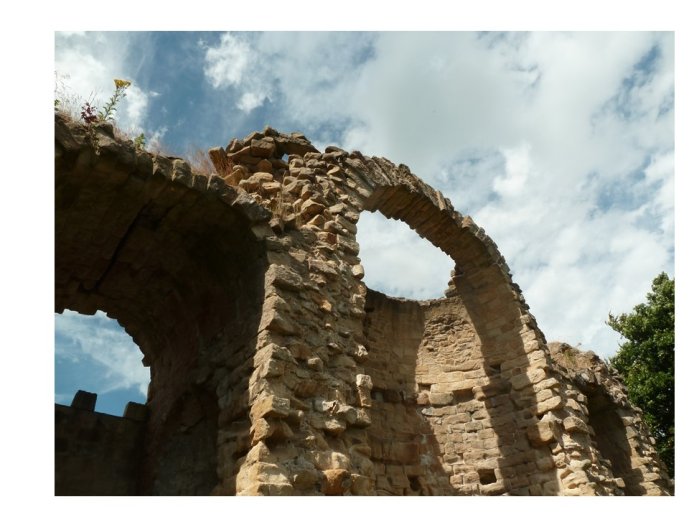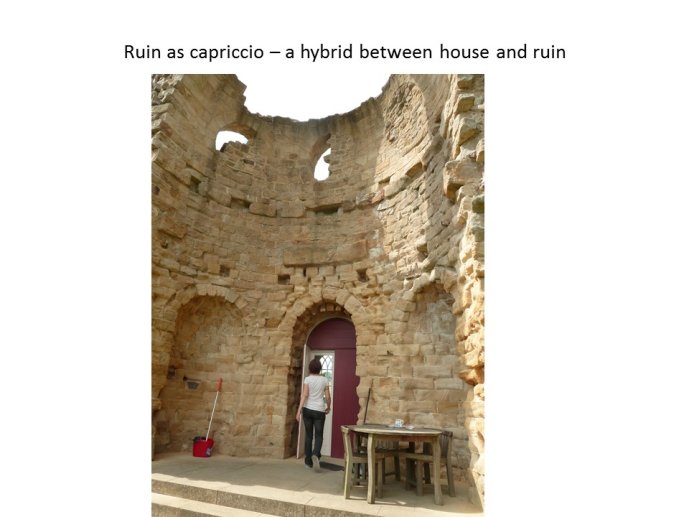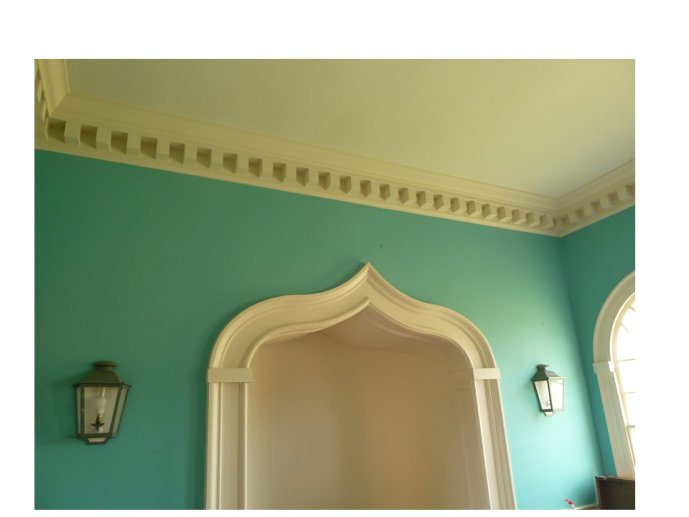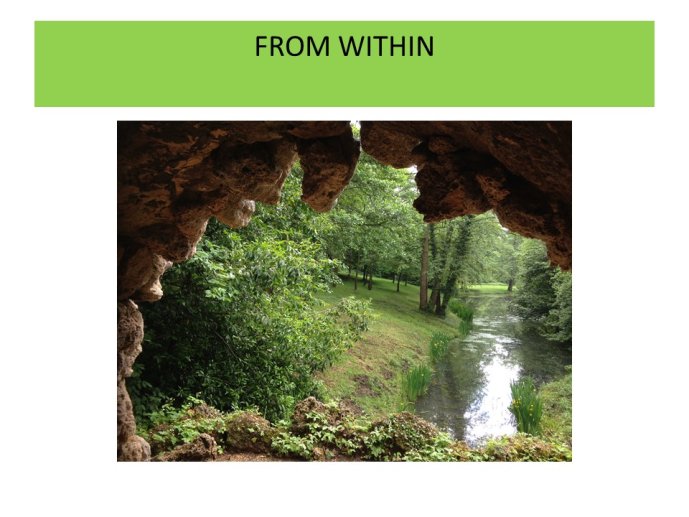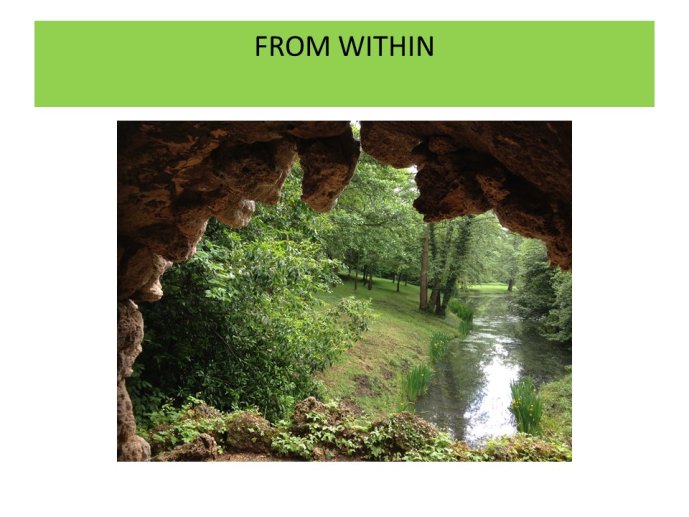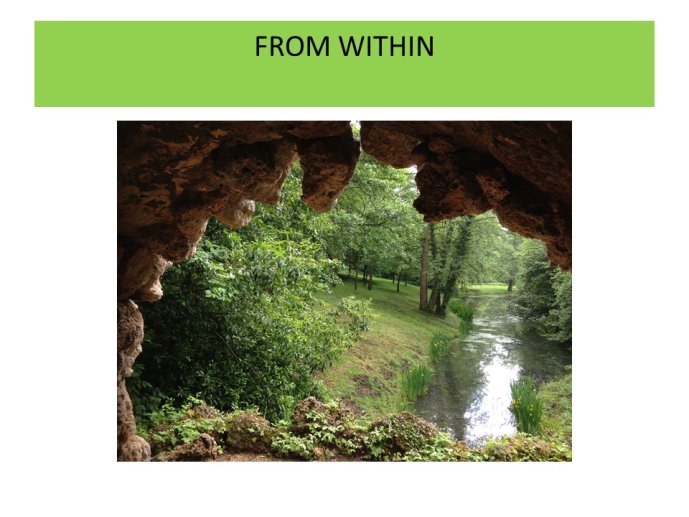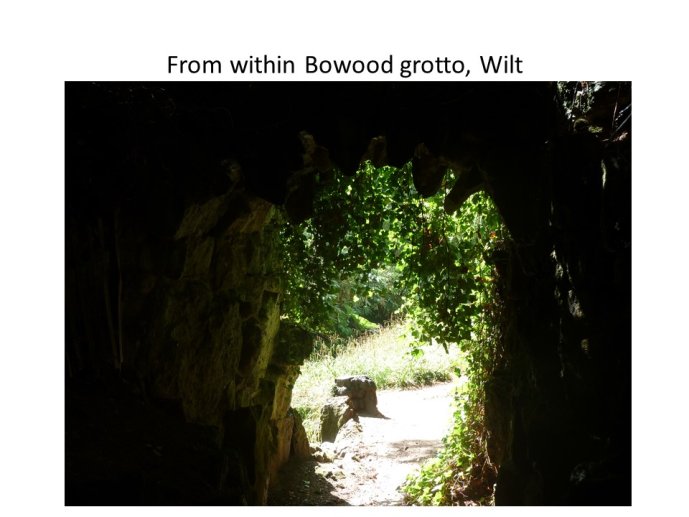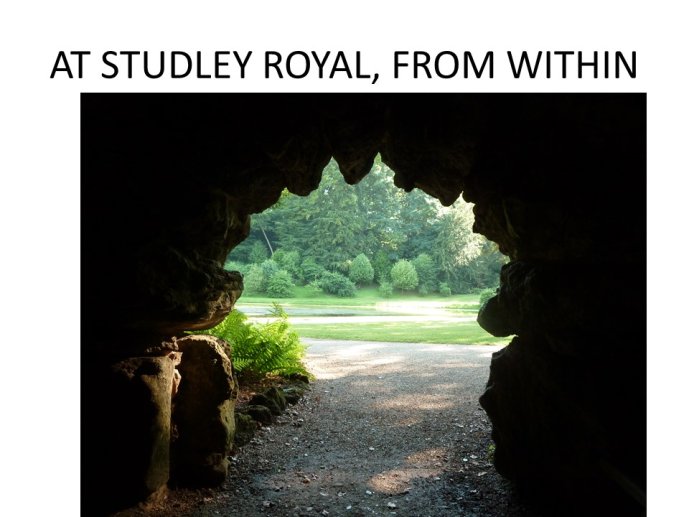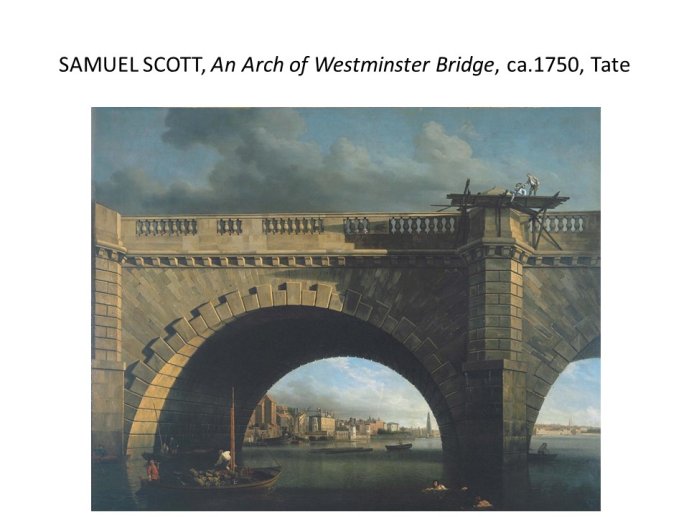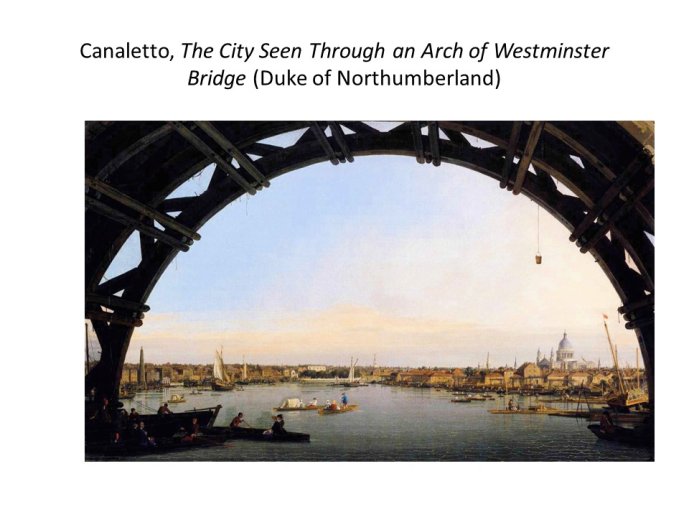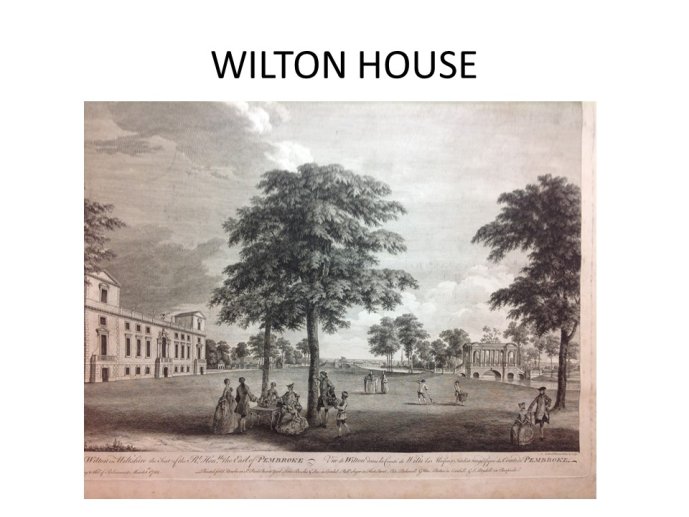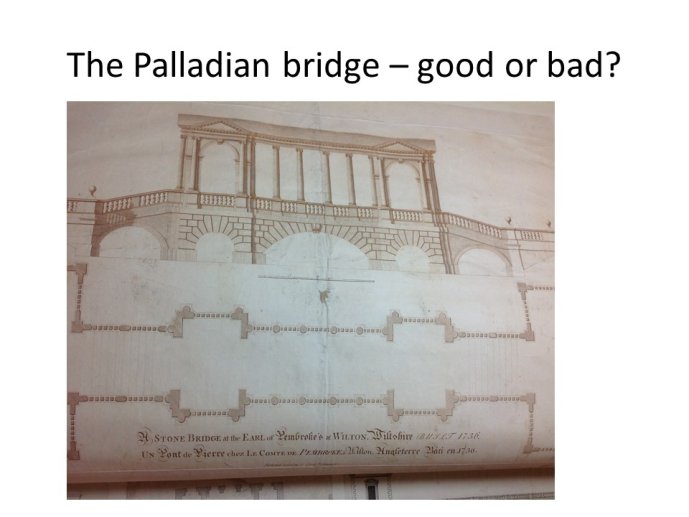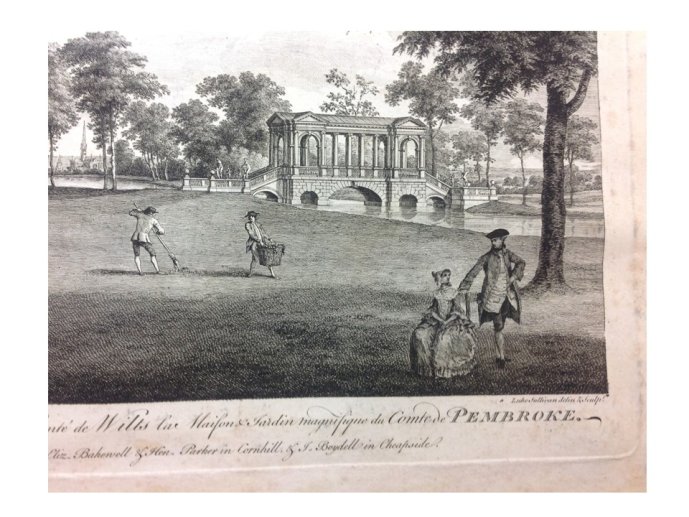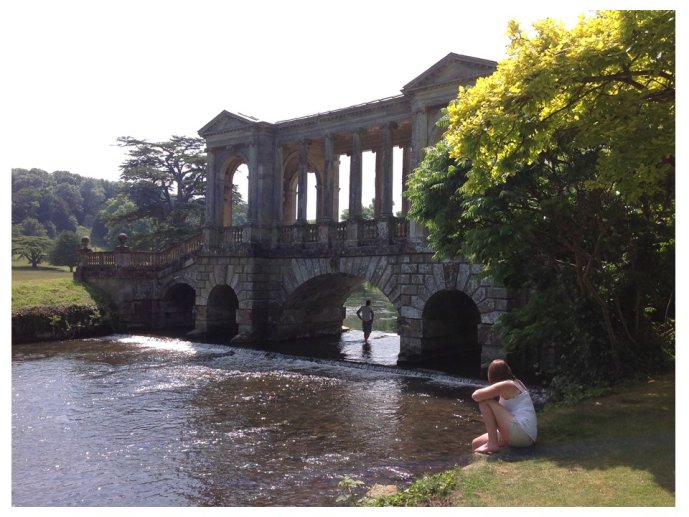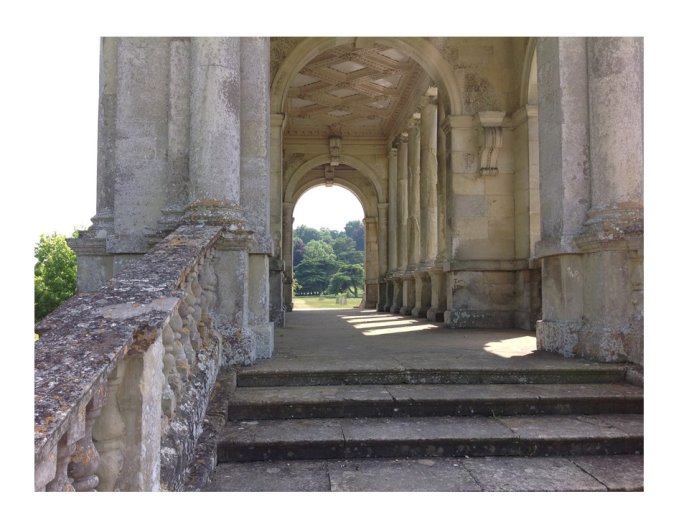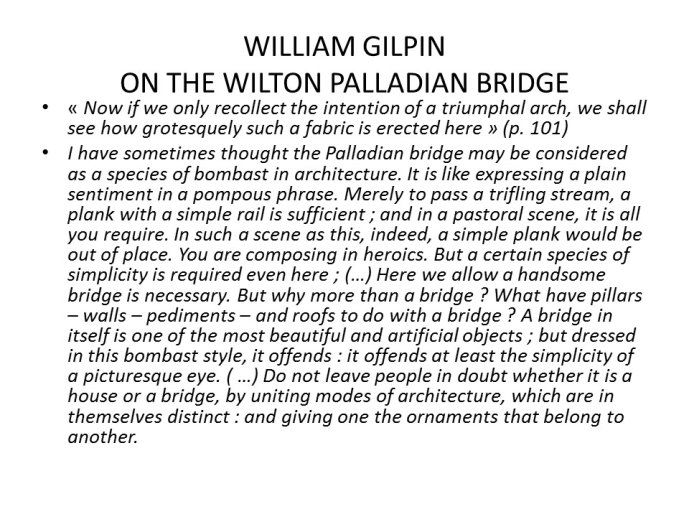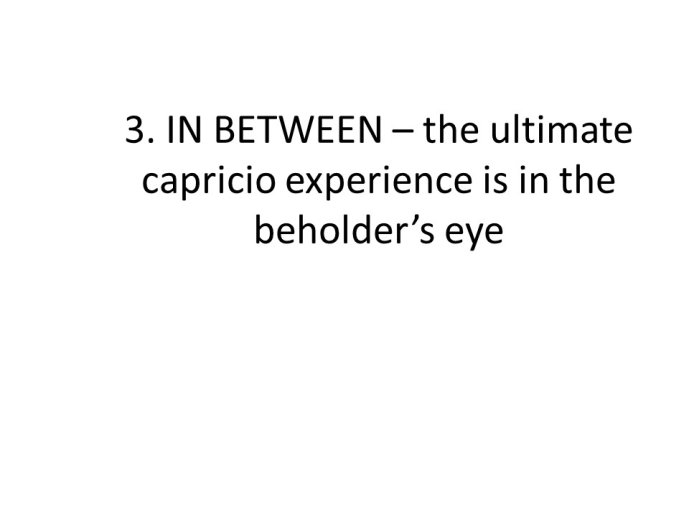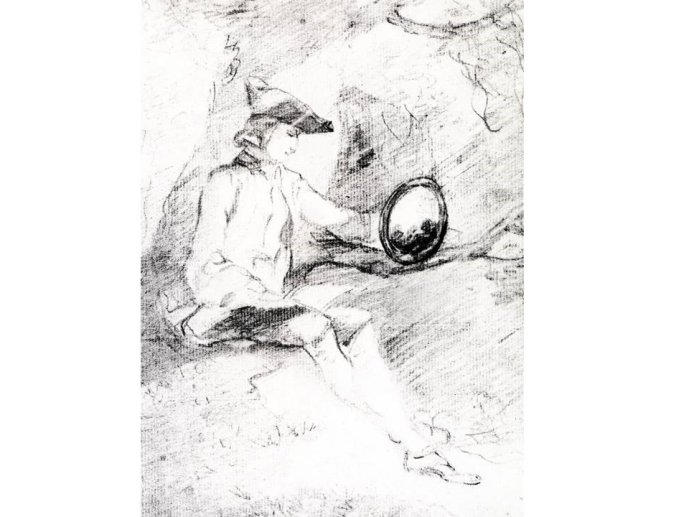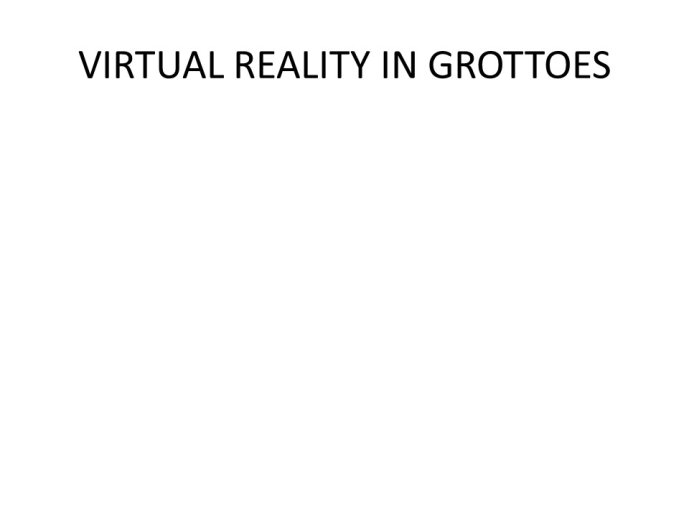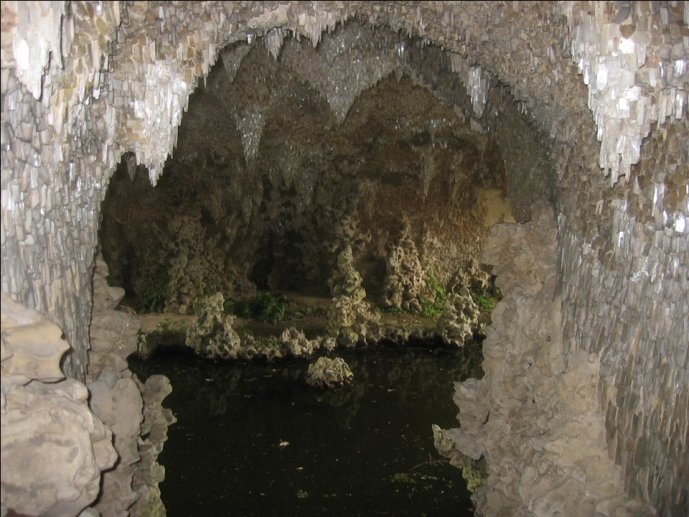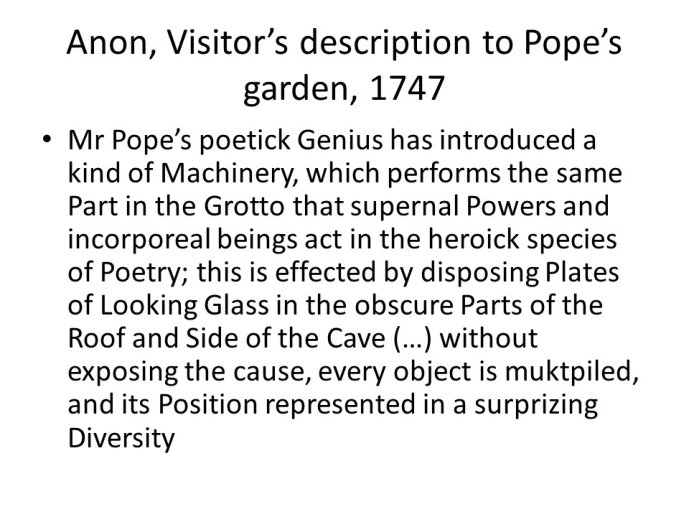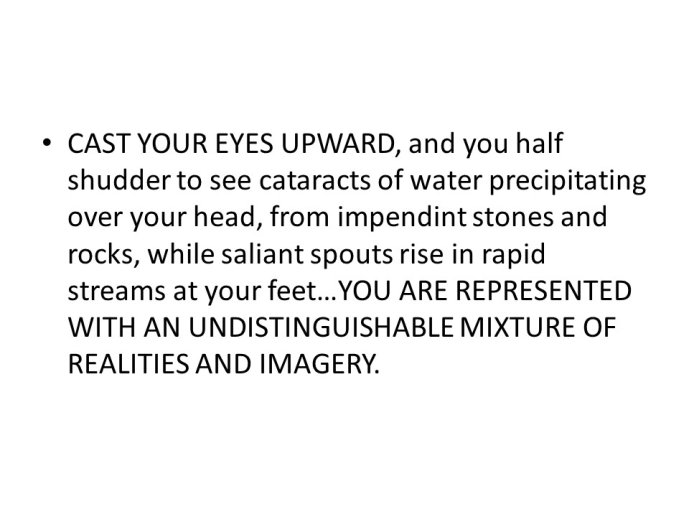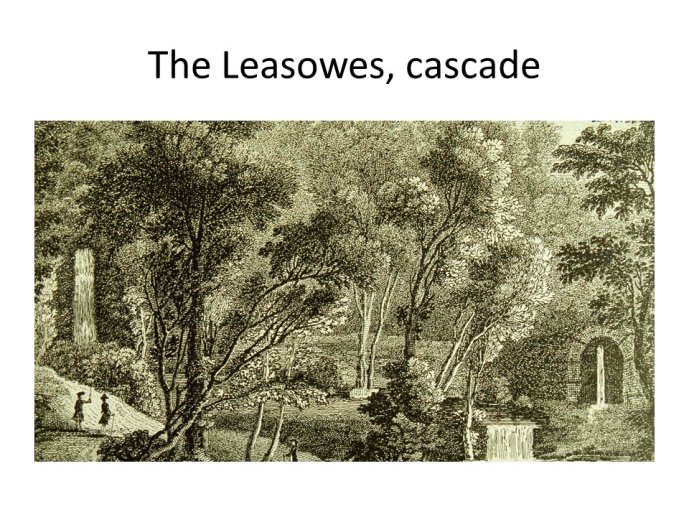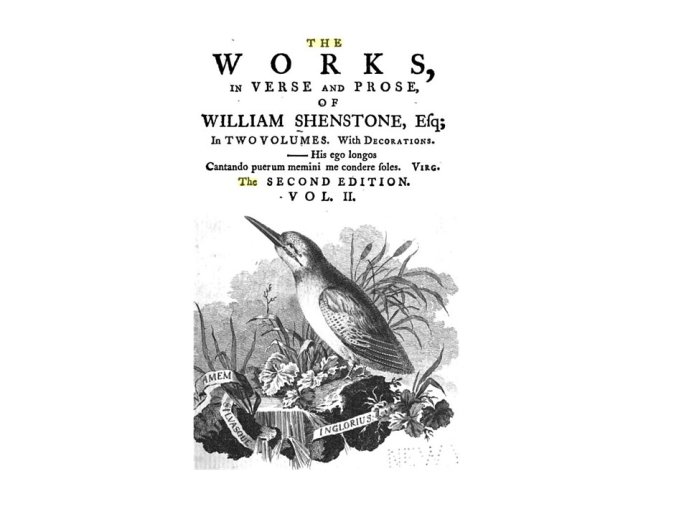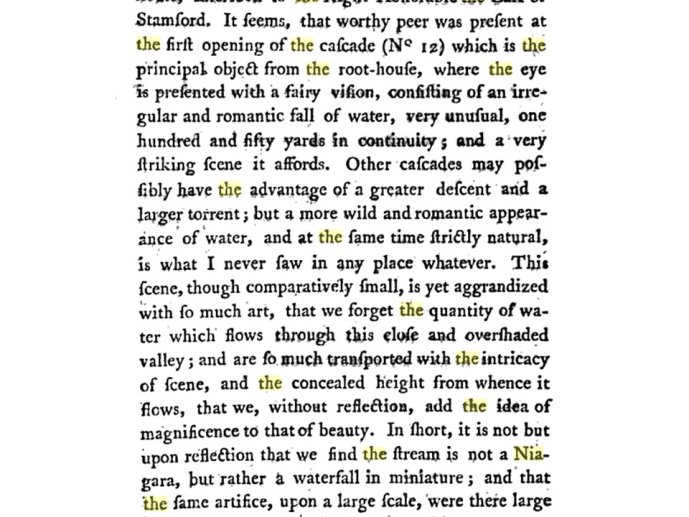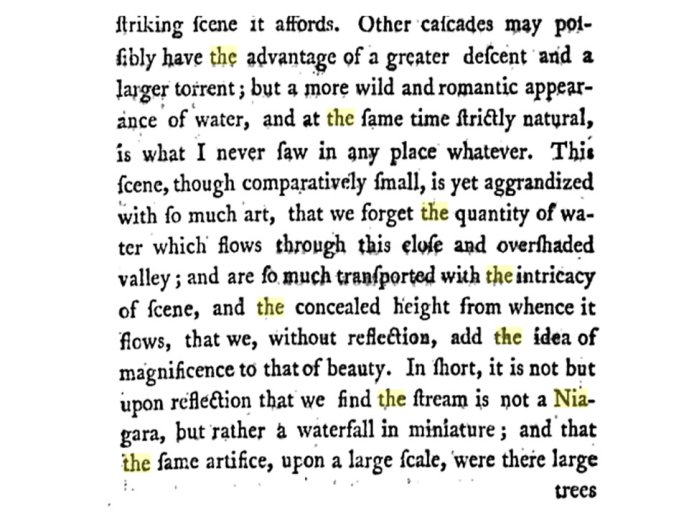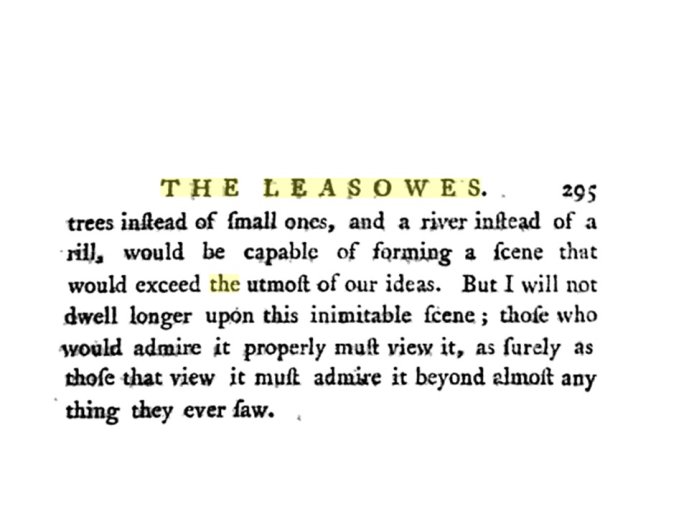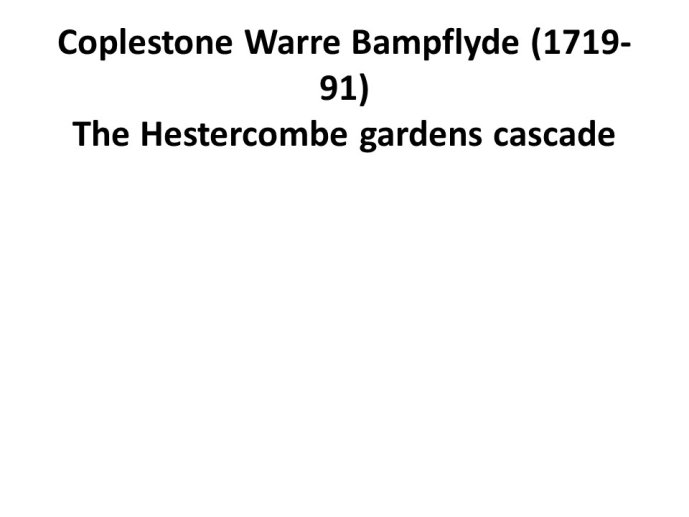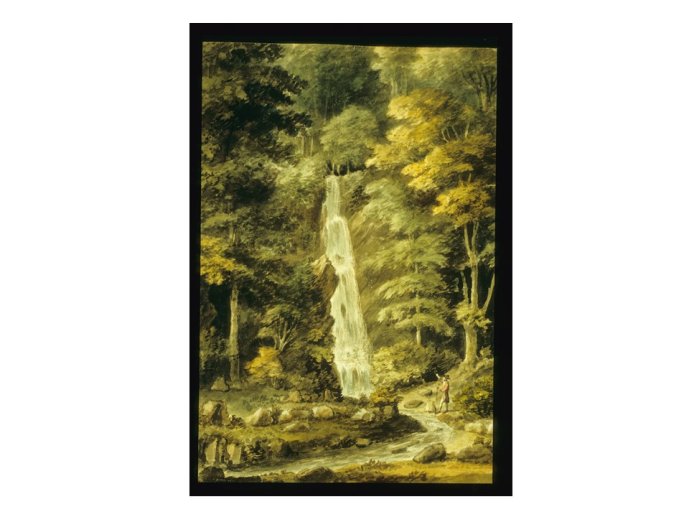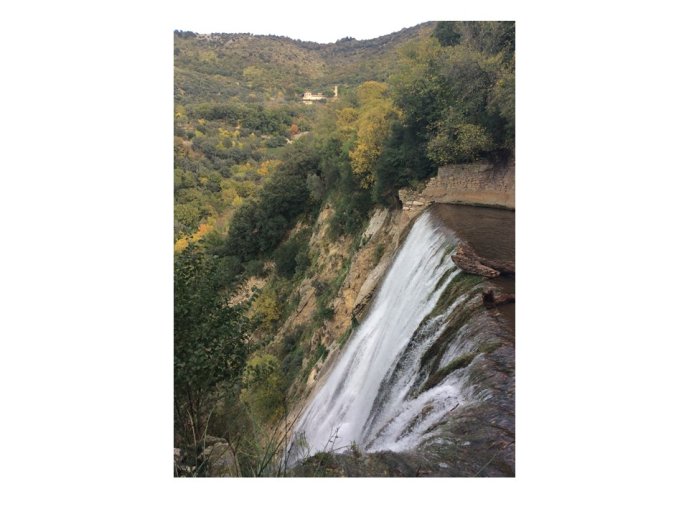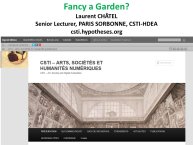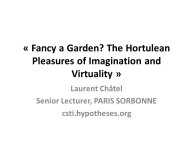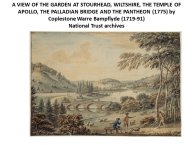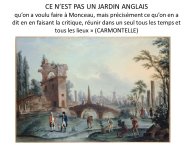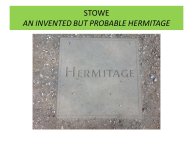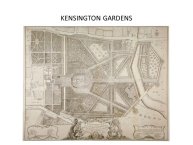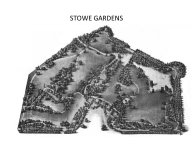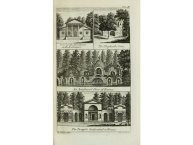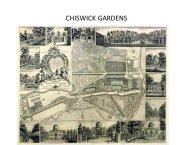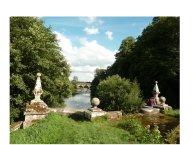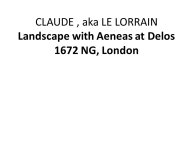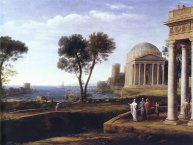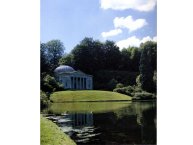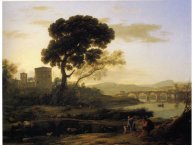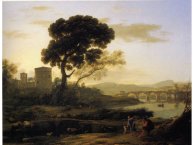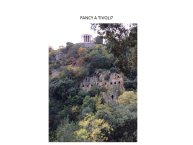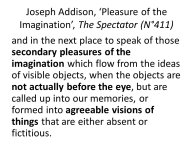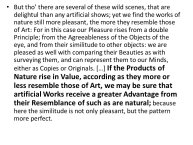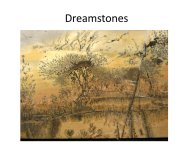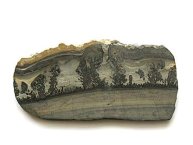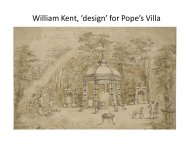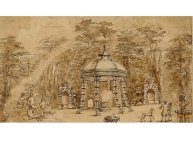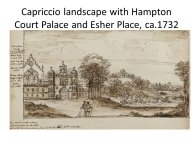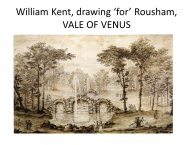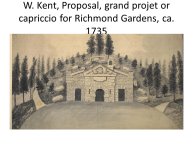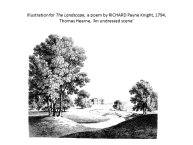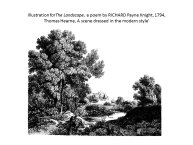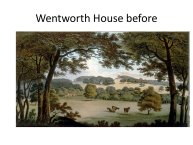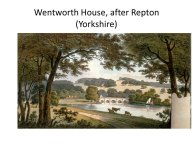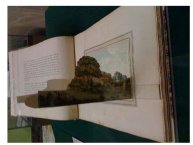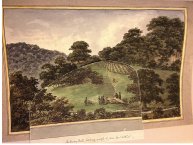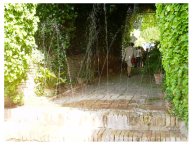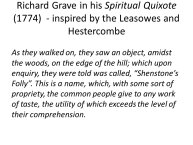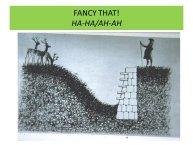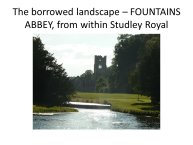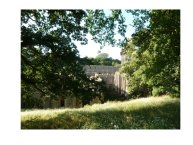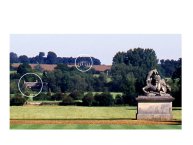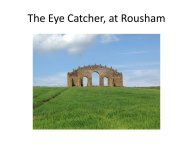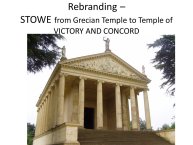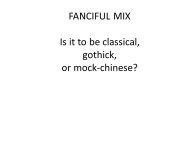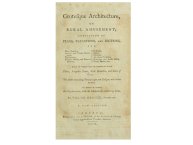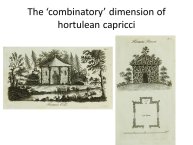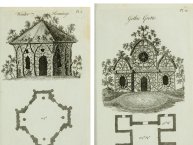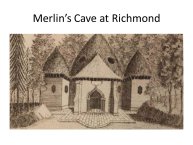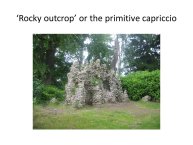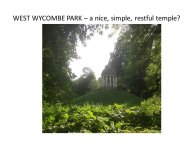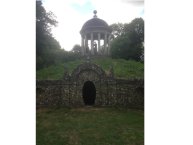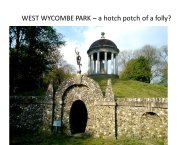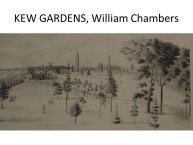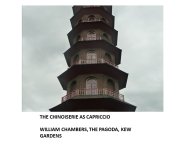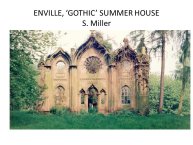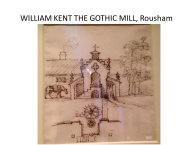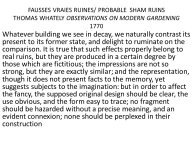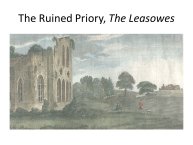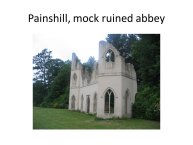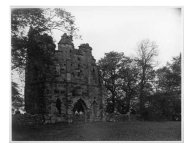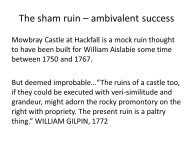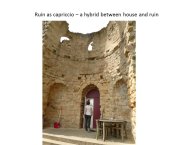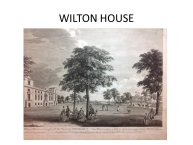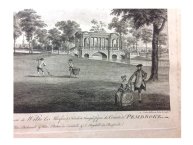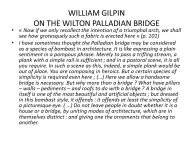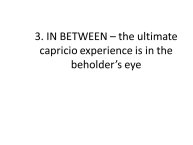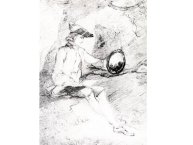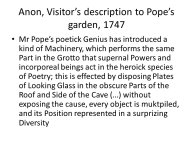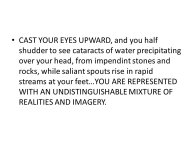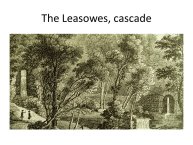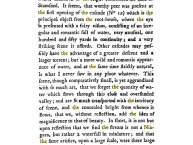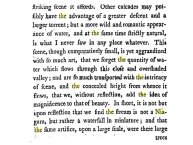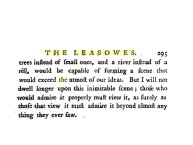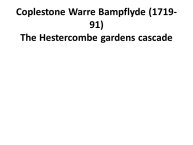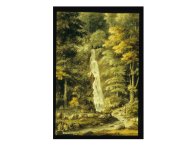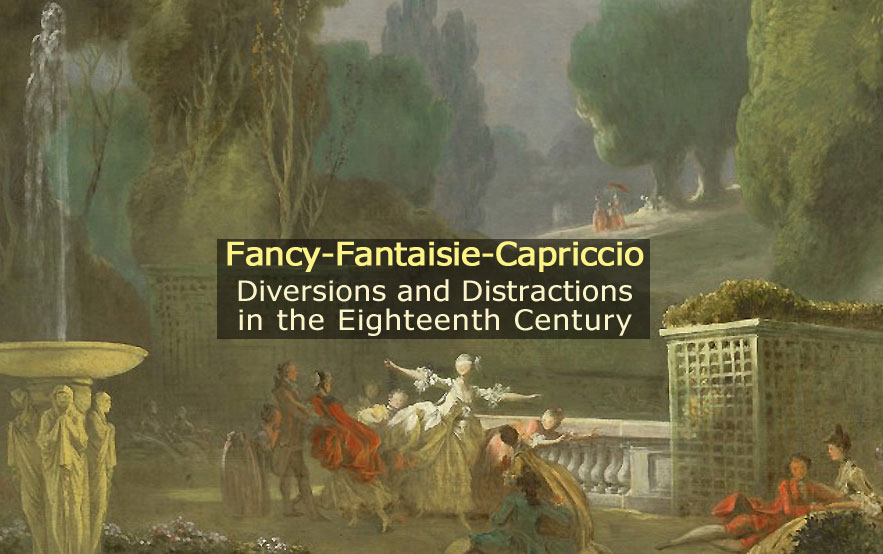Notice
Fancy a Garden? The Hortulean Pleasures of Imagination and Virtuality / Laurent Châtel
- document 1 document 2 document 3
- niveau 1 niveau 2 niveau 3
Descriptif
Fancy a Garden? The Hortulean Pleasures of Imagination and Virtuality / Laurent Châtel, in colloque international organisé, sous la responsabilité scientifique de Muriel Adrien, Melissa Percival et Axel Hémery, par l’Université Toulouse Jean Jaurès et l’Université d’Exeter. Toulouse, Musée Paul-Dupuy, 3-4 décembre 2015.
« As they walked on, they saw an object, amidst the woods, on the edge of the hill; which upon enquiry, they were told was called, “Shenstone’s Folly”. This is a name, which, with some sort of propriety, the common people give to any work of taste, the utility of which exceeds the level of their comprehension » (Richard Graves, 'The Spiritual Quixote, or, The Summer’s Ramble of Mr. Geoffry Wildgoose: a Comic Romance', 1773). Thus did Richard Graves in his Spiritual Quixote (1774) spell out the ambivalent and contentious afterlife of the works of imagination: works of taste in a landscaped park could be deemed at once amusing and entertaining as well as pointless and irrelevant. That objects of fancy should go beyond the understanding and tolerance of some people is what constitutes the start of this paper – an interrogation into the workings of ‘fancy’ in the design and reception of British eighteenth-century gardens. While some were prepared to go to immense lengths (and expense) for their gardens, others were ill-prepared to see anything in them and gasped at what they could not grasp, feeling perplexed. I would like to see whether the mixture of fancy, excentricity and luxury involved in landscape gardening actually justifies the designation of them as « follies » : was the term used frequently ? did landowners get away with their caprice ? That gardens should alienate or divide shows the extent to which works of imagination did not elicit pleasures straightforwardly, but exercised the minds of an élite in a private, individual, and complex way that can be deciphered not only along the lines of Addisonian or Burkean aesthetics but also by taking into account the diverse terminology of garden writers and theorists. What did men and women feel when they claimed they were « transported » by their garden visits ? A better understanding of the various types of ‘pleasures of the imagination’ provided by gardens may also be achieved by drawing a parallel with today’s issues of virtuality and immersive education – possibly the best epistemological tools we have nowadays to access and recover the type of eighteenth-century spectacle, entertainment and thrill enjoyed at the time.
Thème
Documentation
Références documentaires
CHÂTEL, Laurent (2006). Le jardin "anglais" : représentation, rhétorique et translation de la nation britannique, 1688-1820, in "Art et Nation en Grande-Bretagne au XVIIIe siècle", Revue Française de Civilisation Britannique, 4, vol. XIII, 171-188.
HUNT, John Dixon (1976). The Figure in the Landscape: Poetry, Painting, and Gardening during the Eighteenth Century. Baltimore, The Johns Hopkins University Press, 384 p.
LUKE, Hermann (1974). British Landscape Painting of the Eighteenth Century. Oxford University Press, 151 p.
ADDISON, Joseph (1712). The Spectator, 411, Saturday, June 21, 1712. [En ligne : http://fullonlinebook.com/essays/no-411-from-the-spectator/odfy.html].
GRAVES, Richard (1774). The Spiritual Quixote, or, The Summer’s Ramble of Mr. Geoffry Wildgoose: a Comic Romance, vol. III. London, J. Dodsley, 371 p.
WHATELY, Thomas (1770). Observations on Modern Gardening, illustrated by descriptions. London T. Payne, 257 p. [En ligne : https://archive.org/details/onmoderngardenin00what].
> Voir aussi la bibliographie à télécharger dans l'onglet "Documents".
Dans la même collection
-
Modelling for the Fancy Picture: fact, fiction and fantasy / Martin Postle
PostleMartinModelling for the Fancy Picture: fact, fiction and fantasy / Martin Postle, in colloque international "Fancy‒Fantaisie‒Capriccio. Diversions and Distractions in the Eighteenth Century" organisé, sous
-
Fancying Nature: the posterity of Joseph Addison’s ‘Pleasures’ in English Enlightenment culture / F…
OgéeFrédéricFancying Nature: the posterity of Joseph Addison’s ‘Pleasures’ in English Enlightenment culture / Frédéric Ogée, in colloque international "Fancy‒Fantaisie‒Capriccio. Diversions and Distractions in
-
The many peopled wall: Fancy Pictures and Annual Exhibitions in Eighteenth-Century London / John Chu
ChuJohnThe many peopled wall: Fancy Pictures and Annual Exhibitions in Eighteenth-Century London / John Chu, in colloque international organisé, sous la responsabilité scientifique de Muriel Adrien, Melissa
-
British Capricci: from the Picturesque to the Sublime / Hélène Ibata
Pharabod-IbataHélèneBritish Capricci: from the Picturesque to the Sublime / Hélène Ibata, in colloque international organisé, sous la responsabilité scientifique de Muriel Adrien, Melissa Percival et Axel Hémery, par l
-
Le coq et le léopard. Portrait et petite histoire des collections de peintures britanniques du musé…
FaroultGuillaumeLe coq et le léopard. Portrait et petite histoire des collections de peintures britanniques du musée du Louvre / Guillaume Faroult, in colloque international organisé, sous la responsabilité
-
Figures de fantaisie de Jean-Baptiste Santerre et limites des cadres génériques d’interprétation / …
Faure-CarricaburuEmmanuelFigures de fantaisie de Jean-Baptiste Santerre et limites des cadres génériques d’interprétation / Emmanuel Faure-Carricaburu, in colloque international organisé, sous la responsabilité scientifique
-
La production gravée parisienne au cœur de l’invention d’un genre ? Les «fantaisies» de Poilly et C…
GuillouetChristopheLa production gravée parisienne au cœur de L’invention d’un genre ? Les «fantaisies» de Poilly et Courtin (1710–1728) / Christophe Guillouet, in colloque international organisé, sous la
-
‘As Whimsical and Chimearical as their Forms Are’ : Ornamental and Fanciful Motives in English Draw…
PavotBénédicte‘As Whimsical and Chimearical as their Forms Are’ : Ornamental and Fanciful Motives in English Drawing Books / Bénédicte Miyamoto, in colloque international organisé, sous la responsabilité
-
De la fantaisie des éventails aux éventails de fantaisie / Pierre-Henri Biger
BigerPierre-HenriDe la fantaisie des éventails aux éventails de fantaisie / Pierre-Henri Biger, in colloque international organisé, sous la responsabilité scientifique de Muriel Adrien, Melissa Percival et Axel
-
"A Butterfly Supporting an Elephant": Chinoiserie in Eighteenth-Century England, or "the Luxuriance…
Alayrac-FieldingVanessa"A Butterfly Supporting an Elephant": Chinoiserie in Eighteenth-Century England, or "the Luxuriance of Fancy" / Vanessa Alayrac, in colloque international organisé, sous la responsabilité scientifique
-
Réminiscences vénitiennes et hybridité culturelle dans les vues et capricci anglais de Canaletto / …
CervantesXavierRéminiscences vénitiennes et hybridité culturelle dans les vues et capricci anglais de Canaletto / Xavier Cervantes, in colloque international organisé, sous la responsabilité scientifique de Muriel
-
Du cabinet privé à la villa suburbaine : caprices et fantaisies artistiques dans la capitale des Lu…
Fernández AlmogueraAdriánDu cabinet privé à la villa suburbaine : caprices et fantaisies artistiques dans la capitale des Lumières espagnoles / Adrián Fernández Almoguera, in colloque international organisé, sous la
Sur le même thème
-
The many peopled wall: Fancy Pictures and Annual Exhibitions in Eighteenth-Century London / John Chu
ChuJohnThe many peopled wall: Fancy Pictures and Annual Exhibitions in Eighteenth-Century London / John Chu, in colloque international organisé, sous la responsabilité scientifique de Muriel Adrien, Melissa
-
British Capricci: from the Picturesque to the Sublime / Hélène Ibata
Pharabod-IbataHélèneBritish Capricci: from the Picturesque to the Sublime / Hélène Ibata, in colloque international organisé, sous la responsabilité scientifique de Muriel Adrien, Melissa Percival et Axel Hémery, par l
-
Figures de fantaisie de Jean-Baptiste Santerre et limites des cadres génériques d’interprétation / …
Faure-CarricaburuEmmanuelFigures de fantaisie de Jean-Baptiste Santerre et limites des cadres génériques d’interprétation / Emmanuel Faure-Carricaburu, in colloque international organisé, sous la responsabilité scientifique
-
La production gravée parisienne au cœur de l’invention d’un genre ? Les «fantaisies» de Poilly et C…
GuillouetChristopheLa production gravée parisienne au cœur de L’invention d’un genre ? Les «fantaisies» de Poilly et Courtin (1710–1728) / Christophe Guillouet, in colloque international organisé, sous la
-
‘As Whimsical and Chimearical as their Forms Are’ : Ornamental and Fanciful Motives in English Draw…
PavotBénédicte‘As Whimsical and Chimearical as their Forms Are’ : Ornamental and Fanciful Motives in English Drawing Books / Bénédicte Miyamoto, in colloque international organisé, sous la responsabilité
-
"A Butterfly Supporting an Elephant": Chinoiserie in Eighteenth-Century England, or "the Luxuriance…
Alayrac-FieldingVanessa"A Butterfly Supporting an Elephant": Chinoiserie in Eighteenth-Century England, or "the Luxuriance of Fancy" / Vanessa Alayrac, in colloque international organisé, sous la responsabilité scientifique
-
Réminiscences vénitiennes et hybridité culturelle dans les vues et capricci anglais de Canaletto / …
CervantesXavierRéminiscences vénitiennes et hybridité culturelle dans les vues et capricci anglais de Canaletto / Xavier Cervantes, in colloque international organisé, sous la responsabilité scientifique de Muriel

